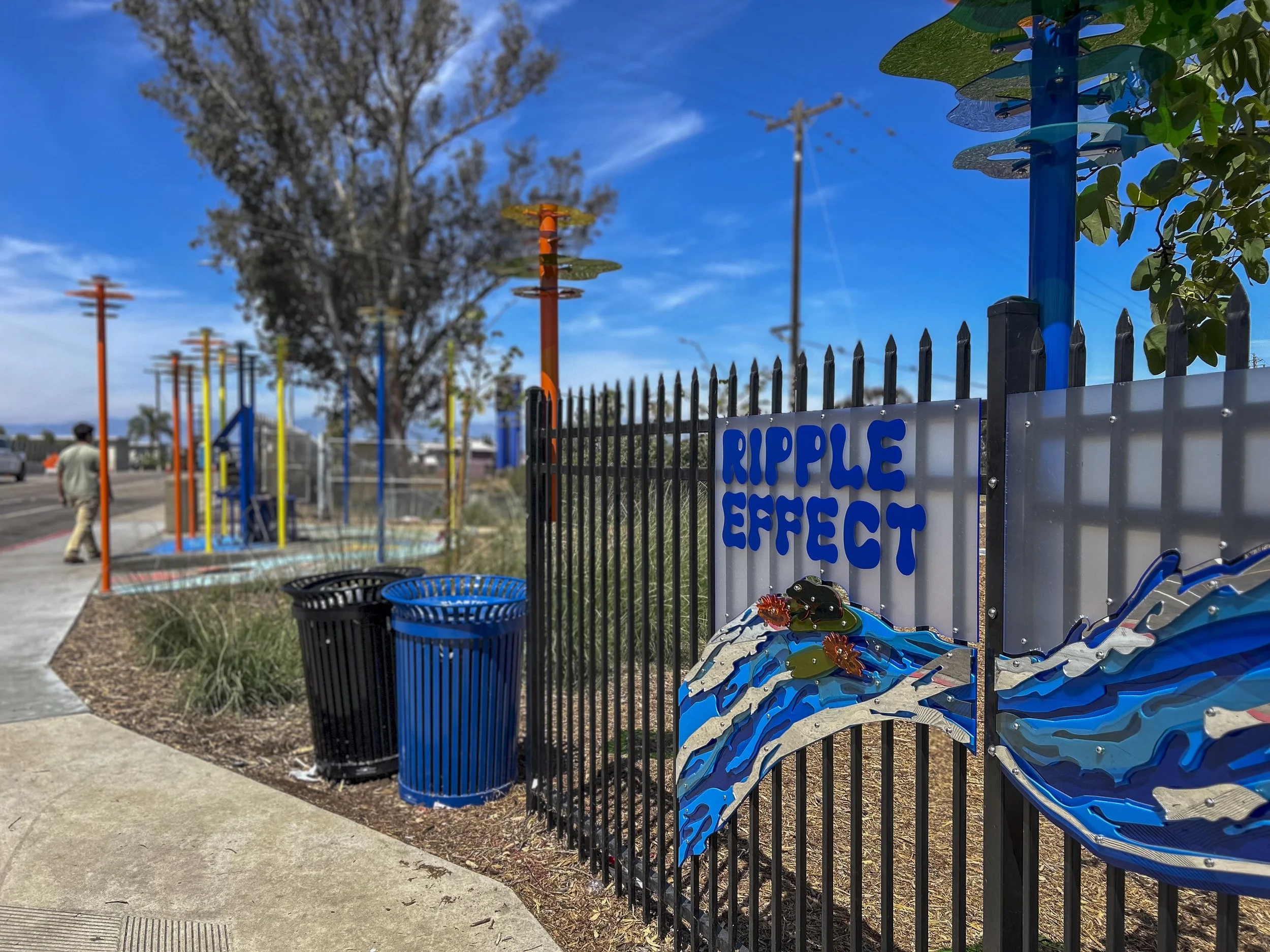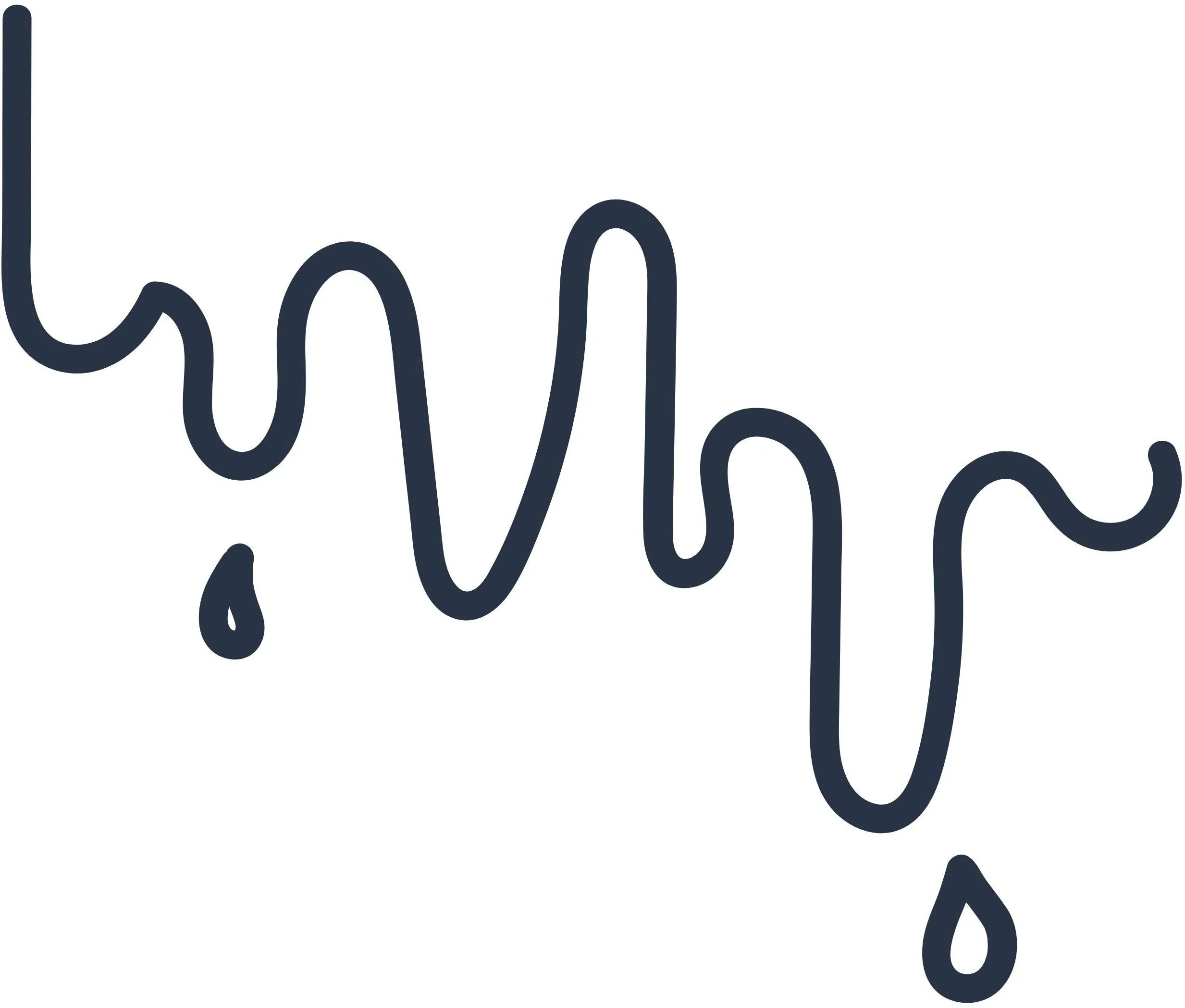Ripple Effect
Ripple Effect is a youth-led community-based project between The City of National City, our local water utility the Sweetwater Authority, A Reason To Survive (ARTS) and the National City-based Design and Fabrication team at Artist and Exile, where young people co-designed, fabricated, and installed community art, elevating a free water source here in National City, and highlighting the importance of water conservation.
Youth Interns + Professional Mentorship + Civic Engagement
5 Youth Interns onboarded as ARTS Team Members
+300 Hours of paid fabrication apprenticeships and hand-on career experience
7 Individual Art Pieces installed onsite at El Toyon Park and the Sweetwater Spigot in National City
+1000s of community members who get to learn more about water conservation and free access to water right in their neighborhood!
Learn more from the youth and mentors!
Meet the Team
Mentorship & Collaboration
Career Exploration
Water Conservation
In collaboration with ARTS, the City of National City, and the Sweetwater Authority Water District, a transformative public art project was realized. Five student-interns were guided through every stage of the artistic journey, from design to coordination, fabrication, and installation. Each student created a unique art piece that now enhances El Toyon Park and the Sweetwater Spigot, located between the 4th St. overpass and the El Toyon Park Recreation Center.
Addie's work features a swivel-mounted globe on a pedestal base, while Camila's piece incorporates forged branches, laser-cut leaves, and vibrant elements like a sculptured bird and acrylic flowers. Ciara designed a structure with a C-channel base, complemented by forged stems and laser-cut petals. Lino's project involves a sleek steel frame with angled slats, and Leo created an intricate piece with a CNC-routed wood ripple base, UV-cured resin water splashes, and reflective metal accents.
Alongside these artworks, informative plaques with scannable QR codes link visitors to the Arts Center's landing pages. The project also includes ripple effect signage, sidewalk murals, and beautification of spigots with powder-coated lamp posts and LED lights, creating an immersive and engaging aesthetic throughout the park.
Learn more about the details of the project on the Artist and Exile website.
“Transitioning from a student to becoming a paid intern, it was really satisfying! Originally, I know I was painting for the benefit of the public, but this one was way more for the public, you know, like everyone around! So, I actually felt really honored to do it and get paid too.”
— Lino M, ARTS Youth Intern
“I think it's made me quite confident. I feel very happy that I've been able to excel and that I've been able to have an impact in the community. I mean, this is already brightening people's days! It's only been here for a short while, but there's just been so much positive feedback.”
— Addie E, ARTS Youth Intern
-
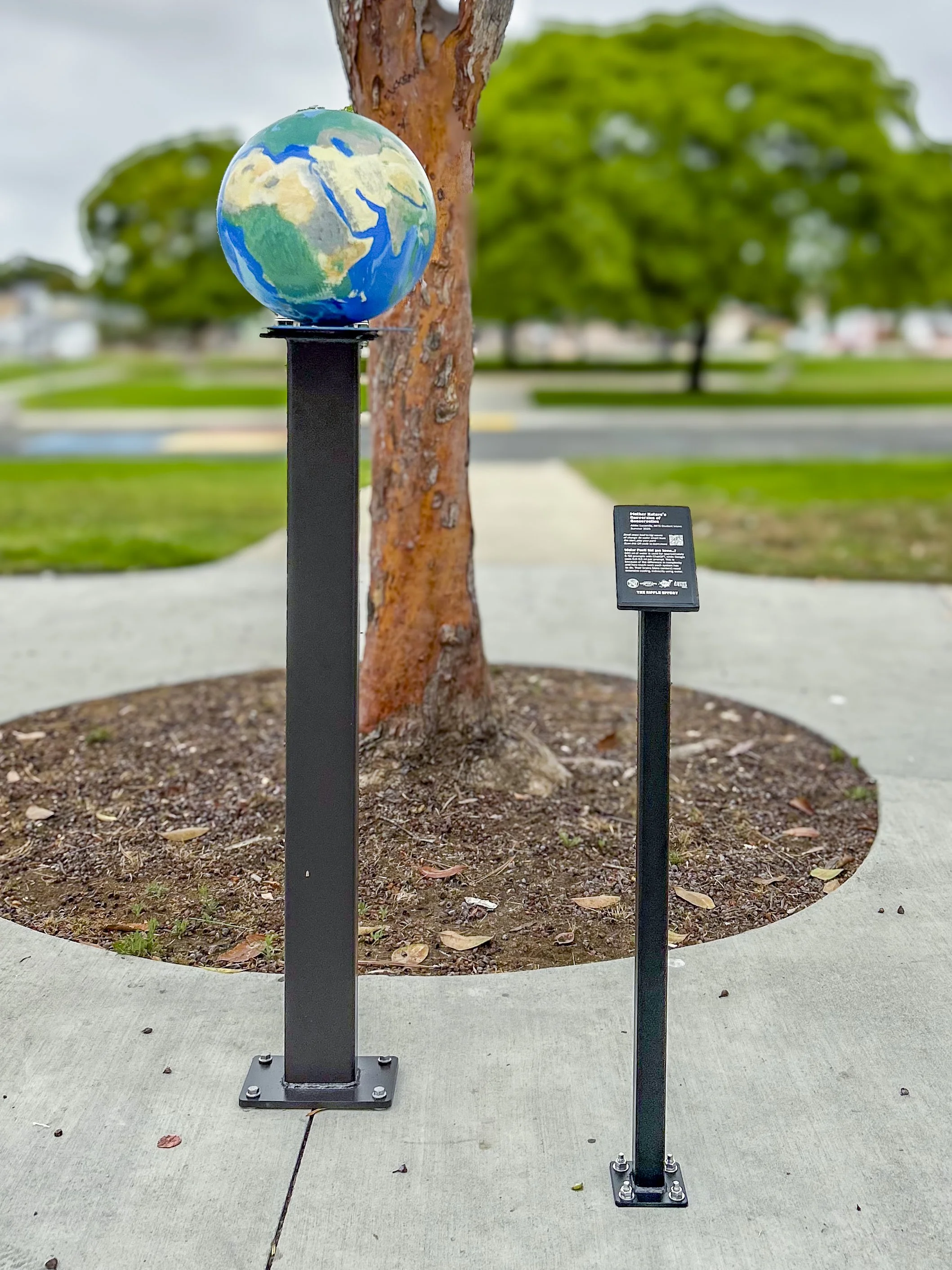
Mother Nature’s Conversion of Conservation
Addie E, ARTS Youth Intern -
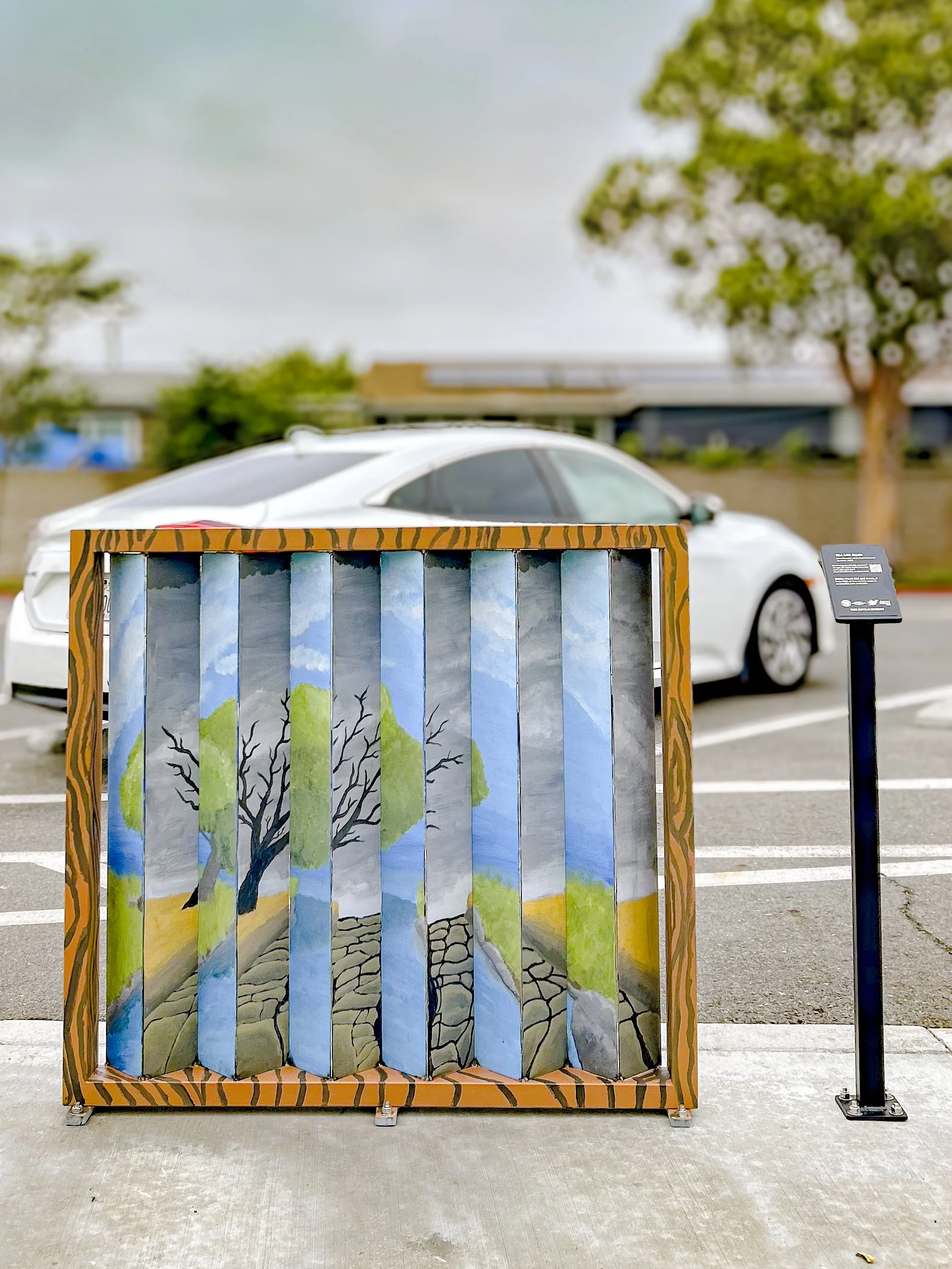
The Life Cycle
Lino M, ARTS Youth Intern -
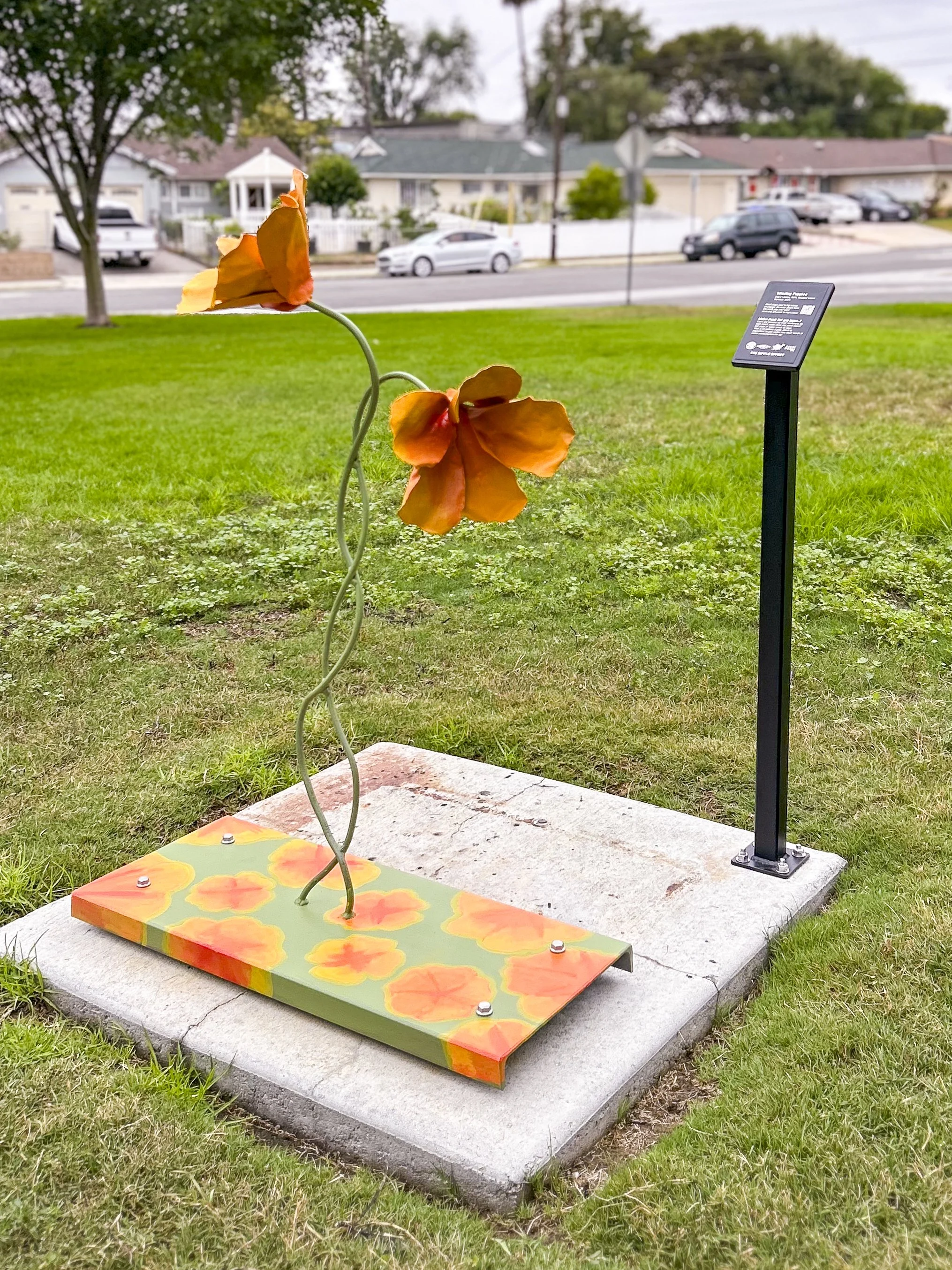
Winding Poppies
Ciara L, ARTS Youth Intern -

Nexus of Vitality
Camila M, ARTS Youth Intern -

Gulp Before a Storm
Leo R, ARTS Youth InternProgress photo from the ARTS Center (July 2025), to be installed onsite (August 2025)
“Water is a resource that nobody should have to pay for because... You need it to live... it's important to make it known that [the spigot] is here. This art can help do that!”
— Leo R, ARTS Youth Intern
Keep reading for some helpful water resources and some water fun facts!
Find out more about our water on the Sweetwater Authority website.
Learn More about the Sweetwater Authority's Educational Resources:
www.sweetwater.org/187/Education
And... most importantly... be WaterSmart!
We hope you have a splash!
It is well known humans are made up of 60-70% of water, but how much is that exactly?
Turns out the average female has 9 gallons, or 35 liters, that's 3.78 x the amount of water in a watermelon!
How much do you have? A simple formula for that is TBW (Total Body Water) = 0.6* body weight in kilograms.
The average American consumes 108 oz of water daily. 80% is from your beverages like milk, coffee, or water. The remaining 20% is food.
If the body of every person on Earth were to be extracted, it could fill 13,000+ Olympic swimming pools!
Cacti are famous for how resilient they are, so how much water does the plant need?
0.8 cups of water every 12 days.
That's 1.5 gallons a year, which is just under two days worth of water consumption for us!
Did you know water holds memory?
Distilled water has no taste, what is tasted from purified water is the added minerals
Most water on Earth is recycled, however a small portion gets lost to space and some is lost deep in the Earth where we cannot reach.
Only 0.5% of the world’s water is accessible and drinkable.
12 inches of snow roughly equals 1 inches of water.
Icebergs can take 3-6 years to melt
When a pan gets over 356° it causes the bottom layer or water to instantly vaporize, transforming into a layer of steam and lifting the rest of the water up.
This makes water droplets bounce around a hot pan and prevents food from sticking. It is called the Leidenfrost effect.
Hot water freezes faster than cold water. This is the Mpemba effect.
Cold systems heat up faster than warm systems. This is known as the inverse Mpemba effect.
Water expands when it freezes.
Koalas and Kangaroos, native to Australia, do not sweat! Despite being renowned for its intense heat, their national animals lack sweat glands.
Their neighbor, New Zealand, also has a national animal that does not sweat, the Kiwi bird.
Tardigrades are invertebrates and can survive decades without water, they can also hibernate for up to a century.
500 ml of water is used approximately 5-50 prompts with chat gpt. While Google uses 0.3-0.5 ml per prompt.
This is because of the difference of complexity, and how much work each system has to do.
Their brains (data centers) need extensive cooling, which uses water indirectly
ARTS is dedicated to teaching our community about the importance of saving water and valuing our natural resources.
We aim to inspire young people to care for the earth and recognize their role in protecting the environment for the future. Check out some of the other projects and programs related to this topic
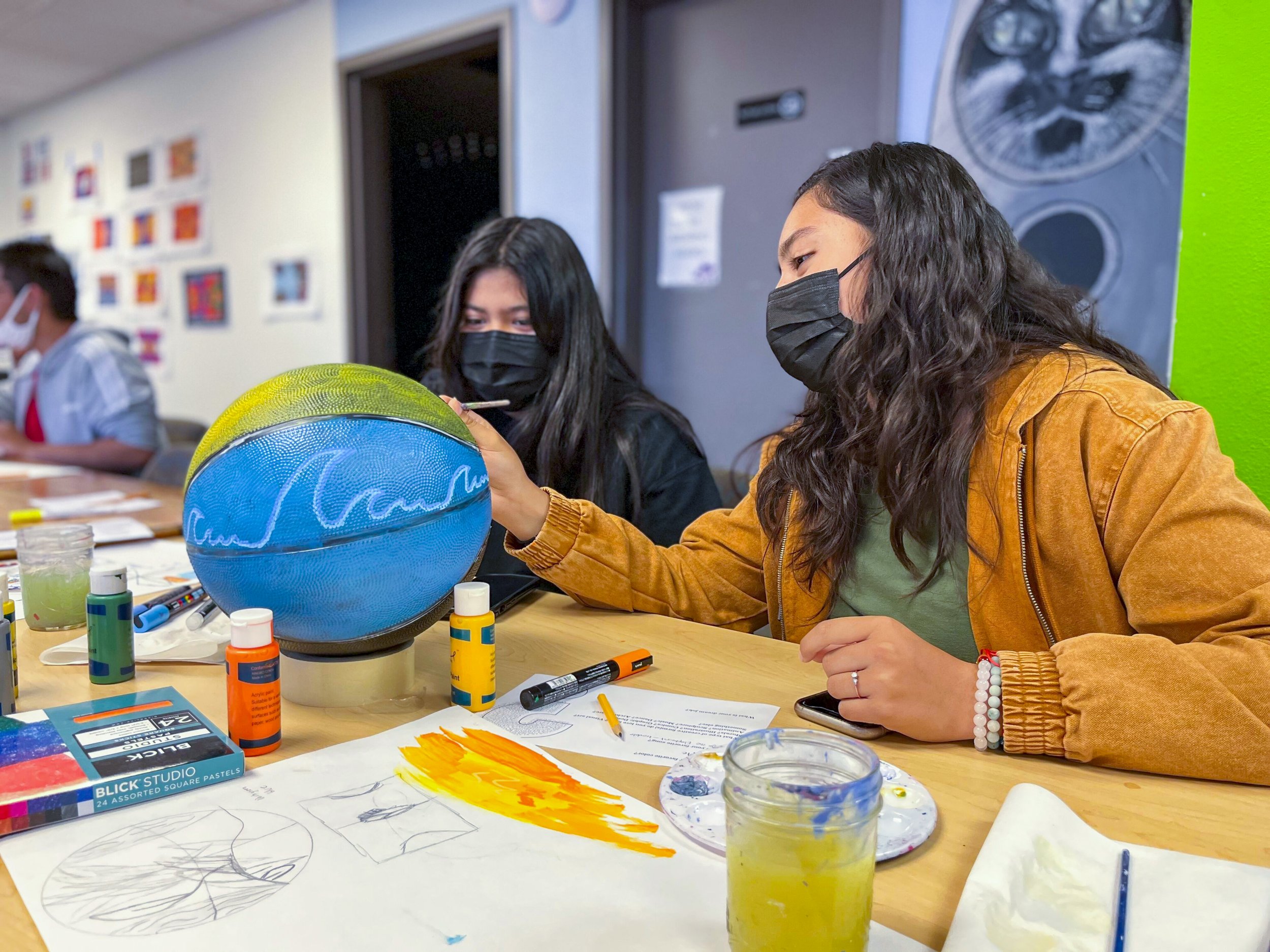
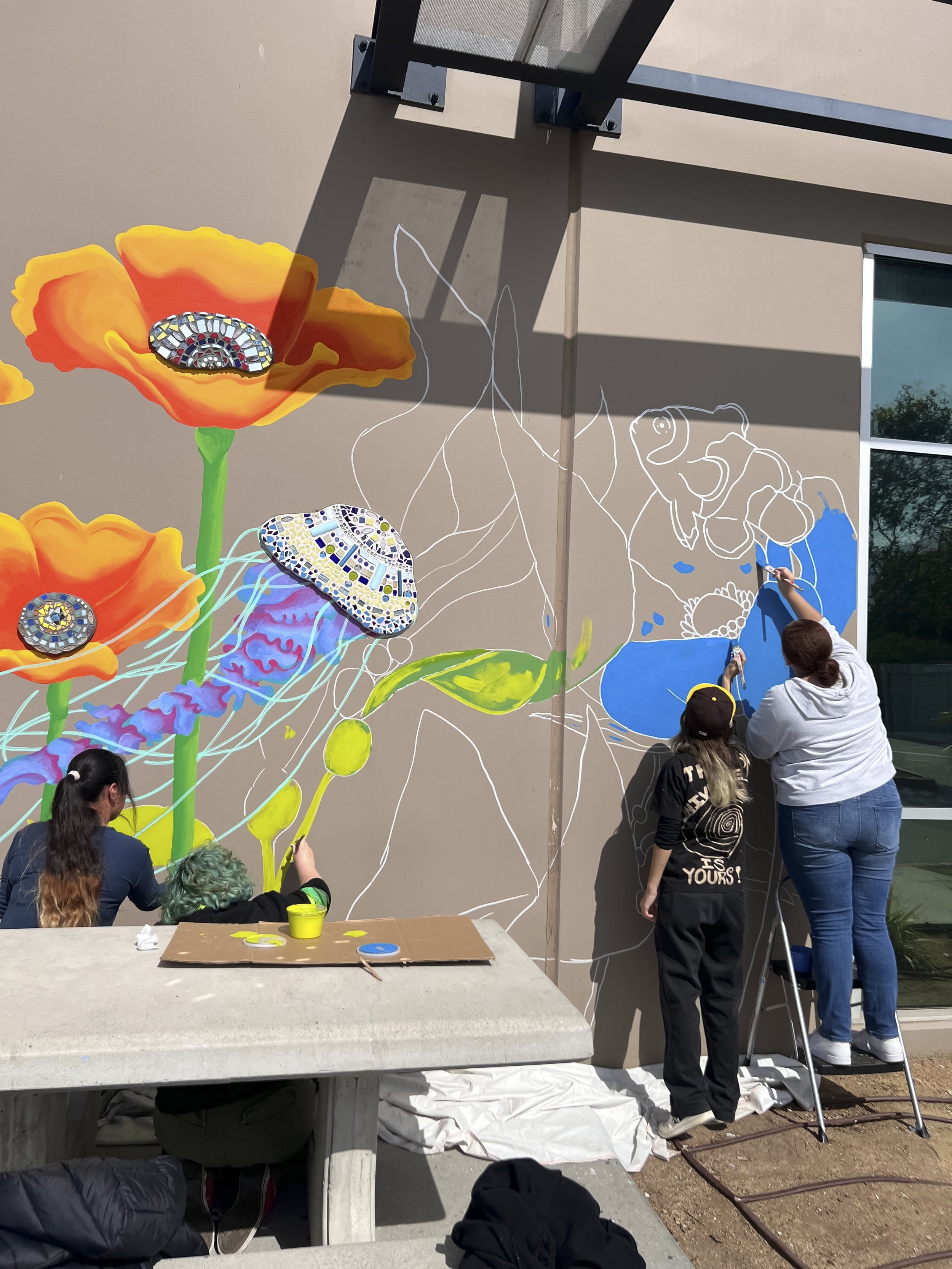
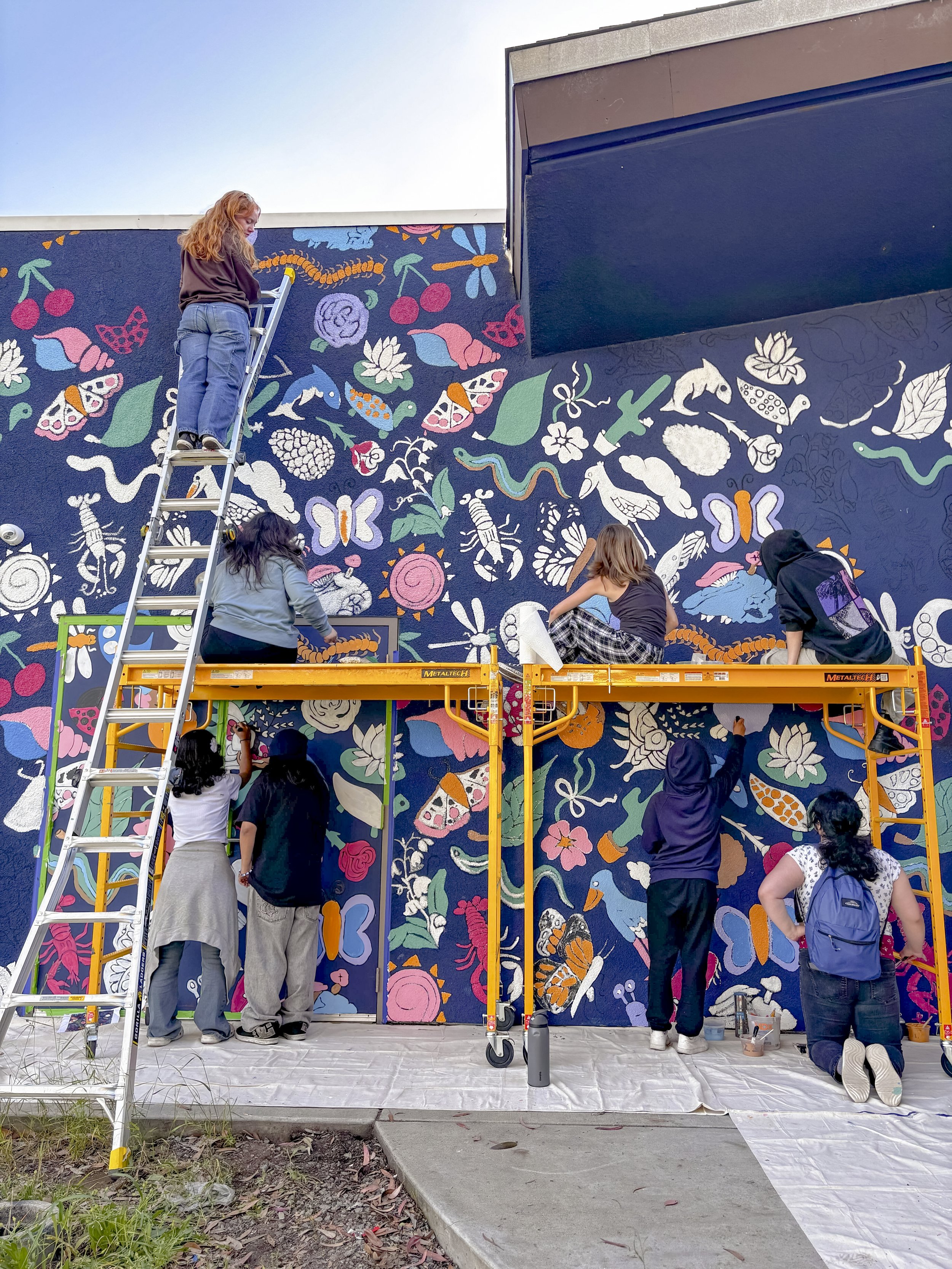
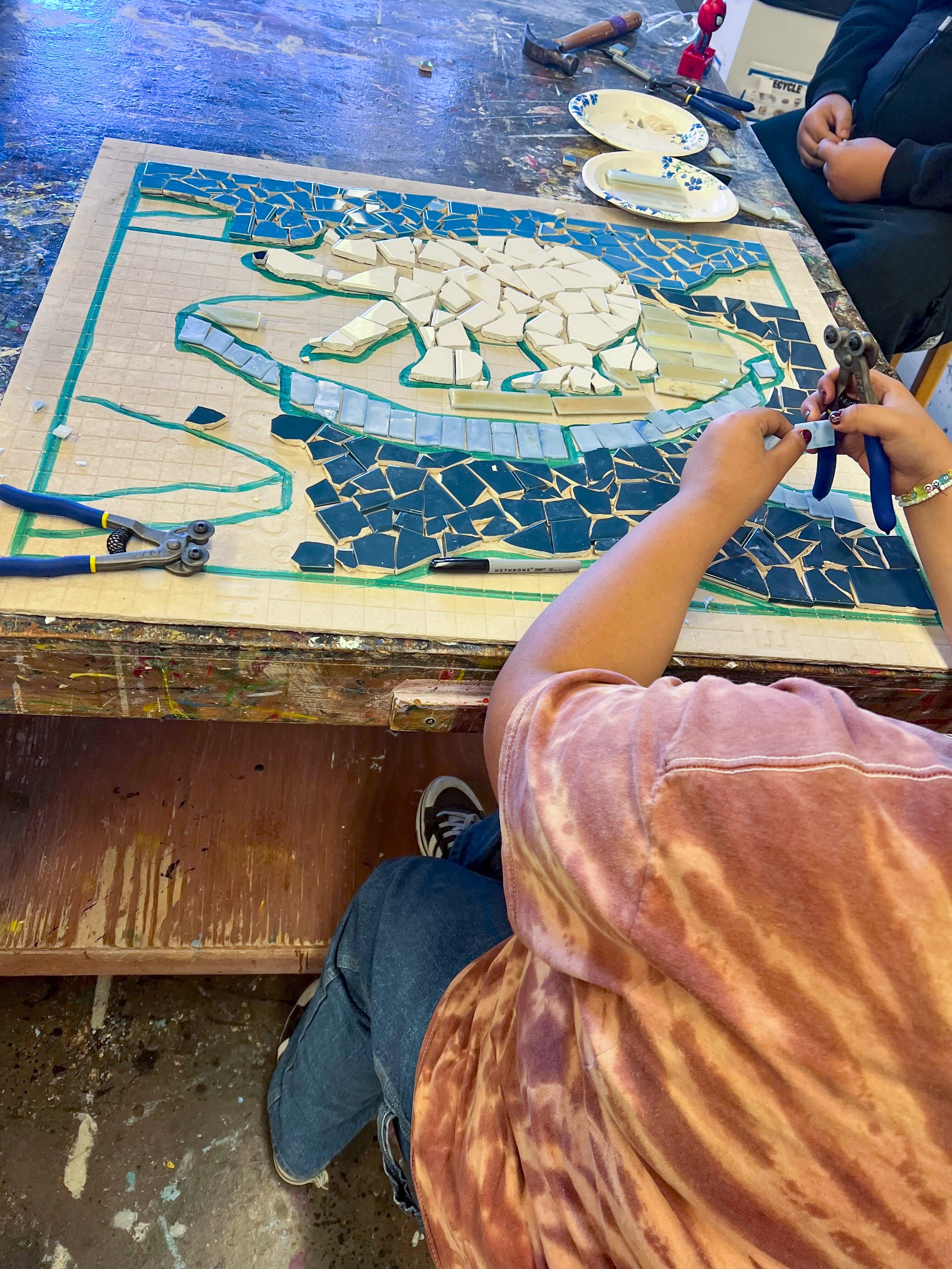
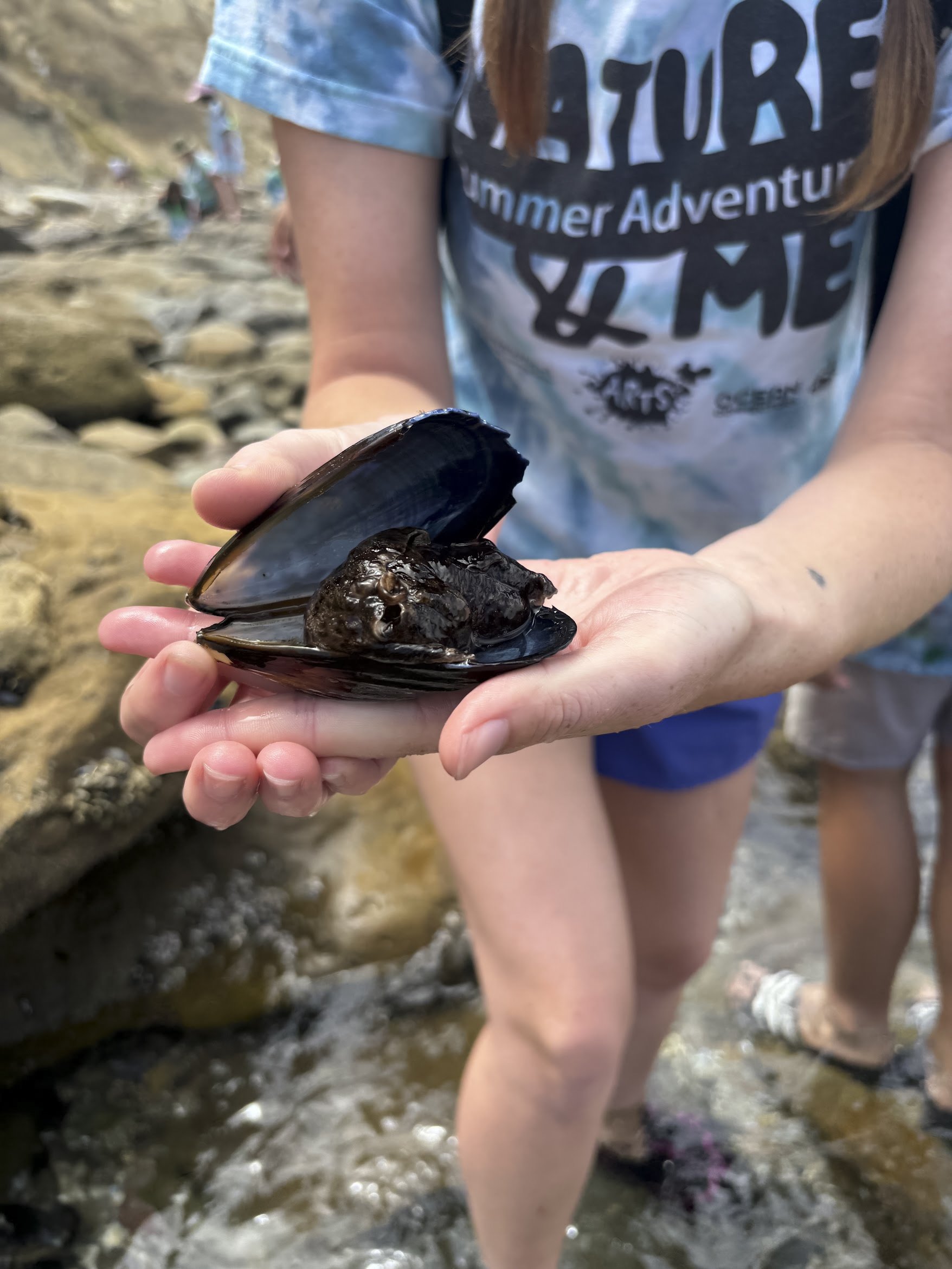
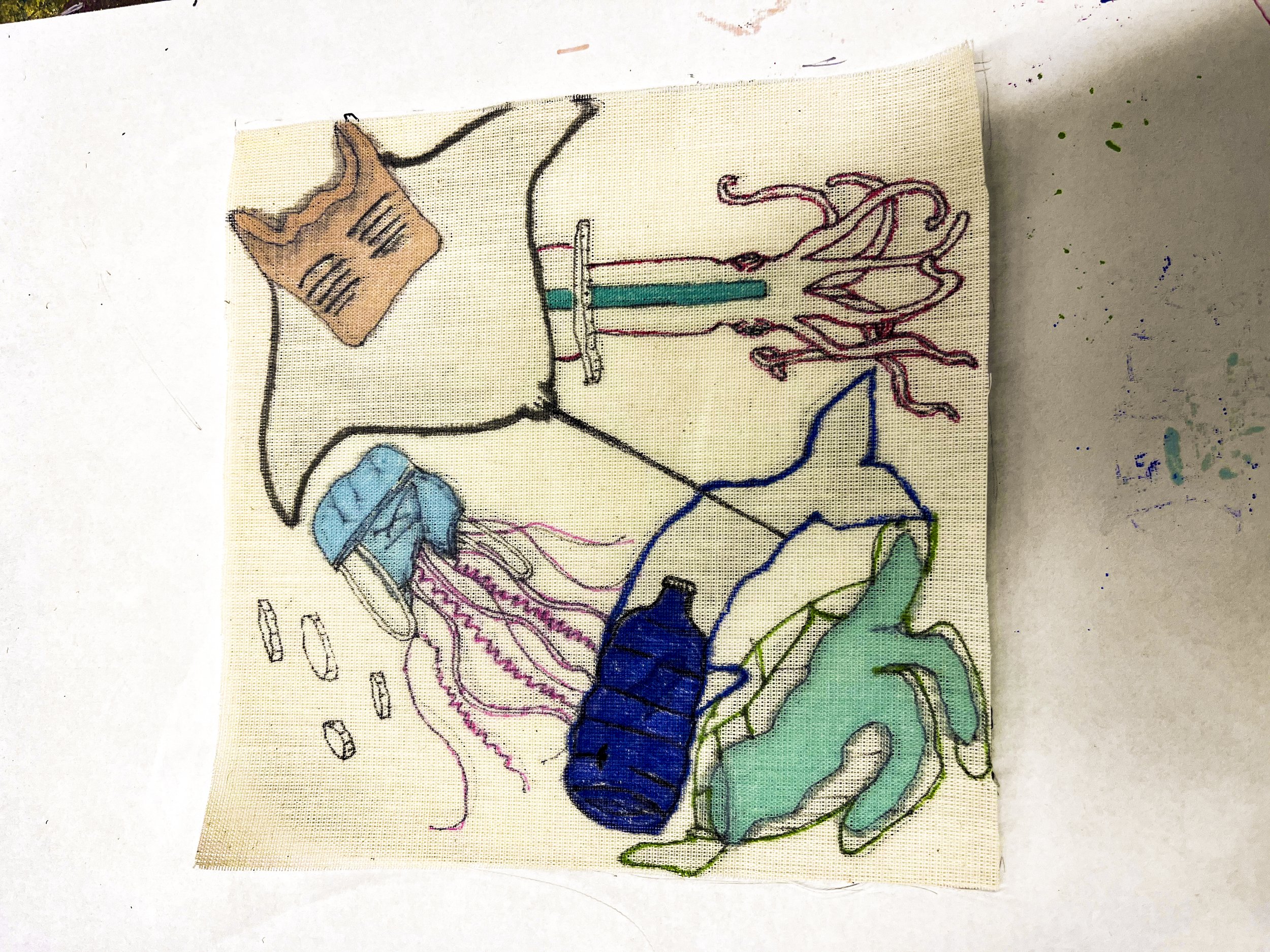
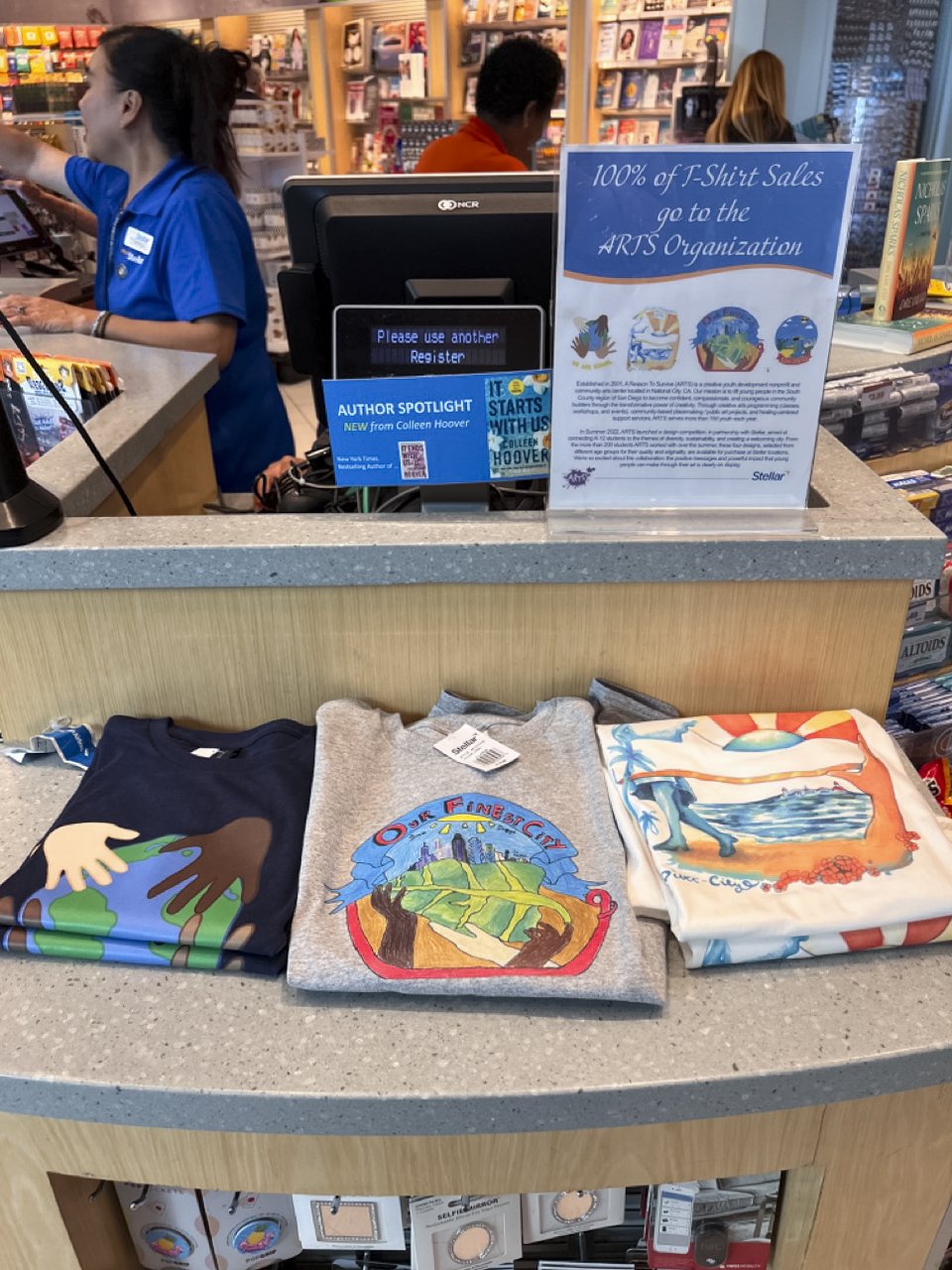
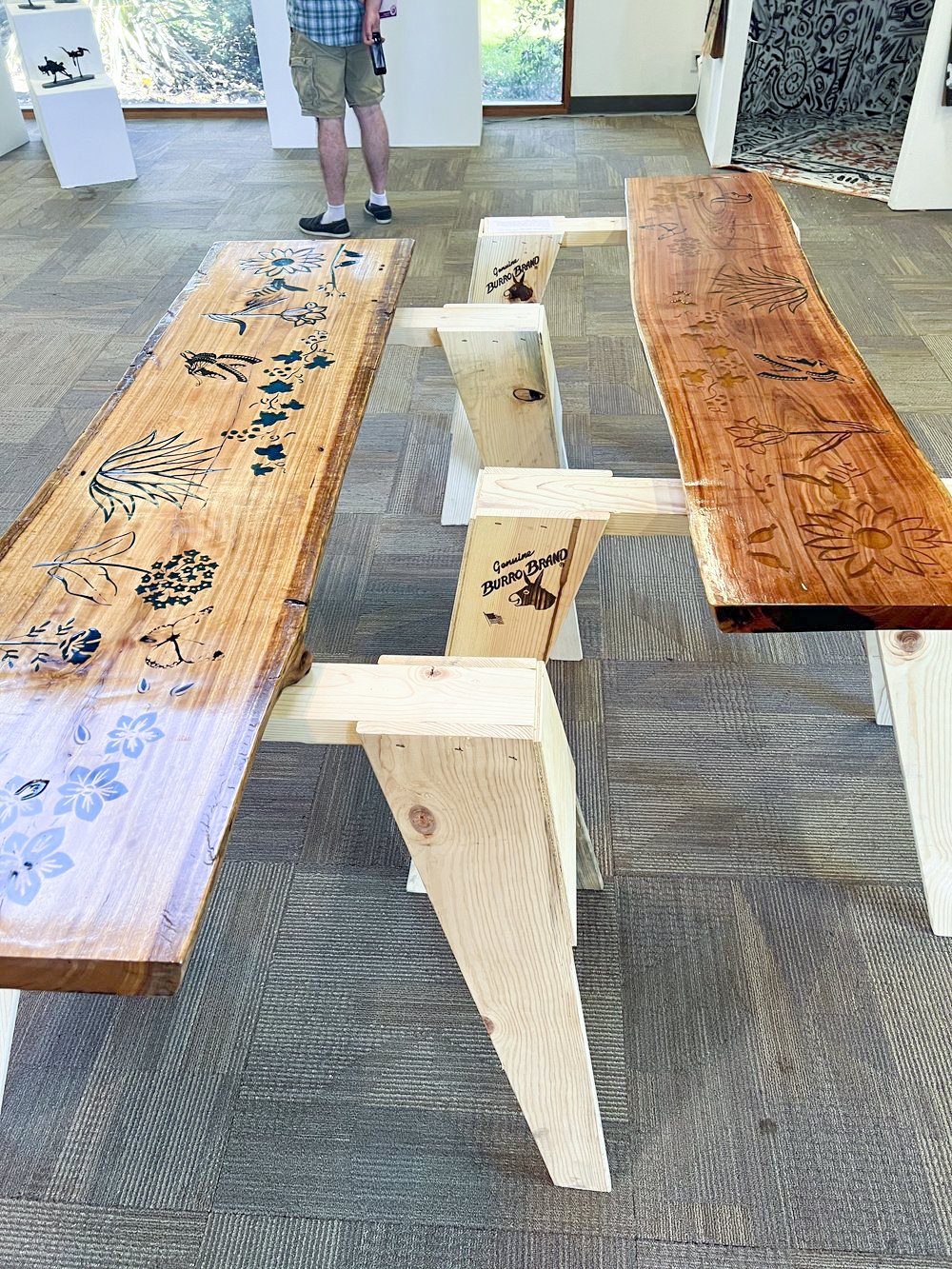
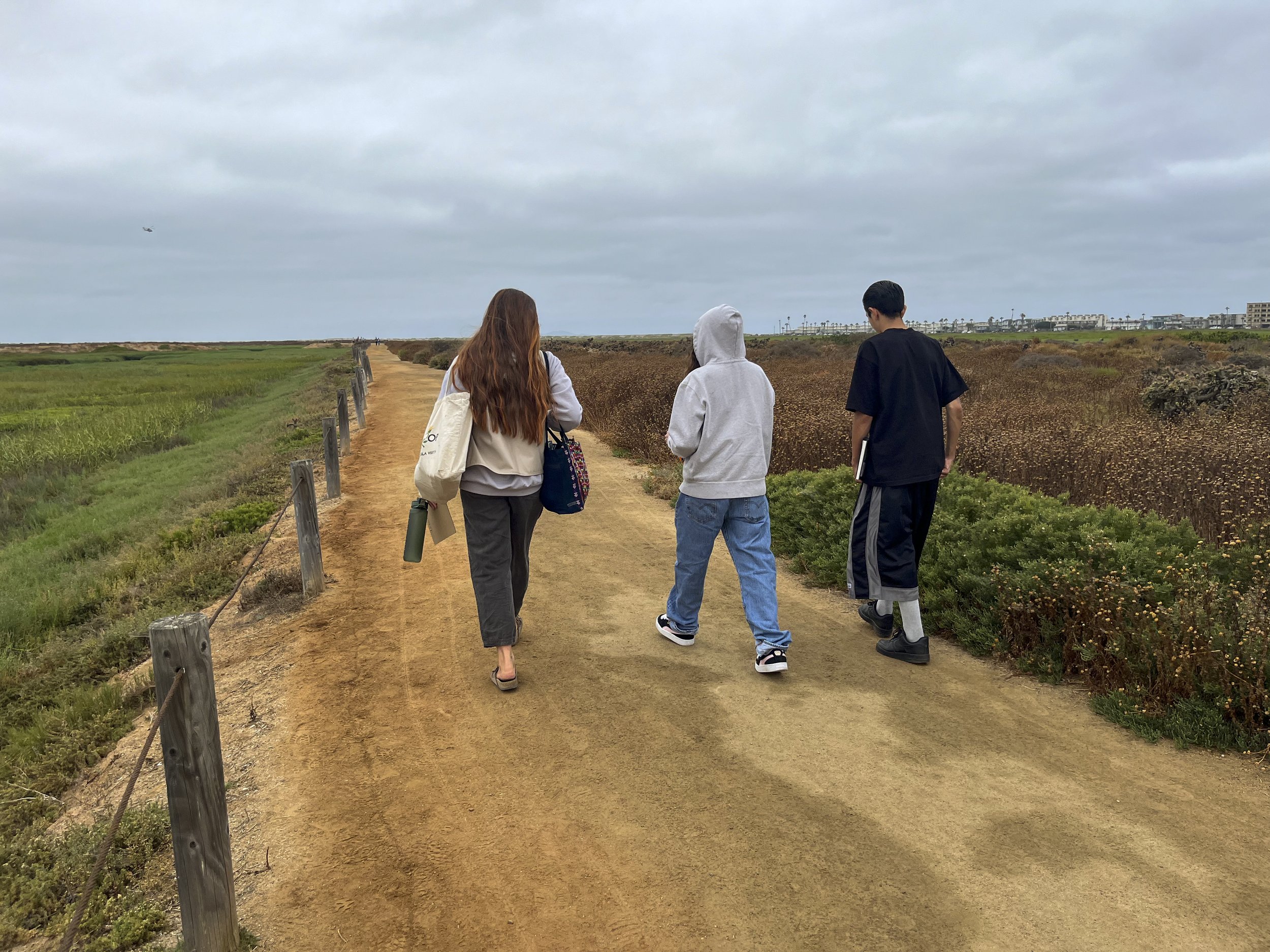
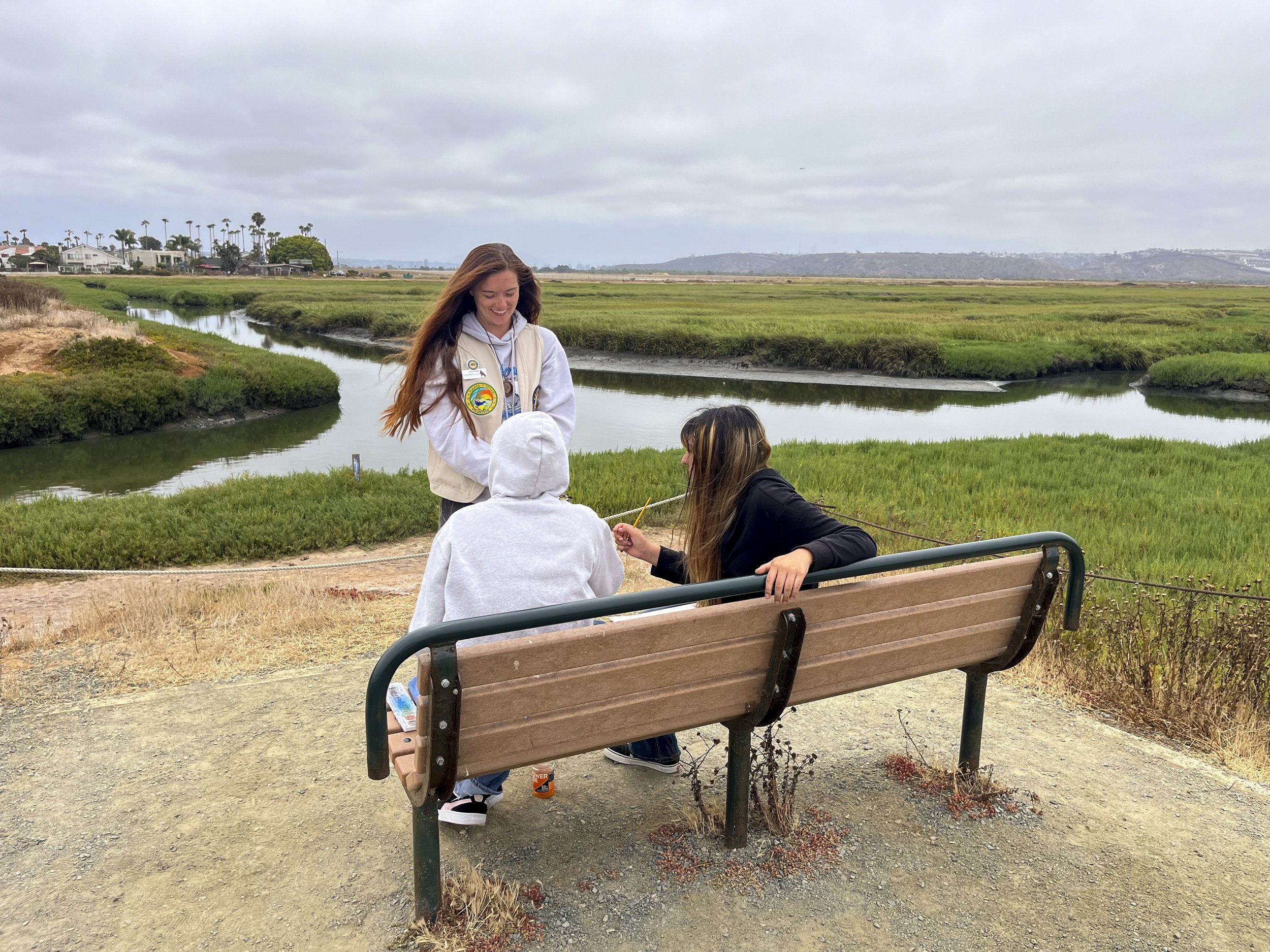
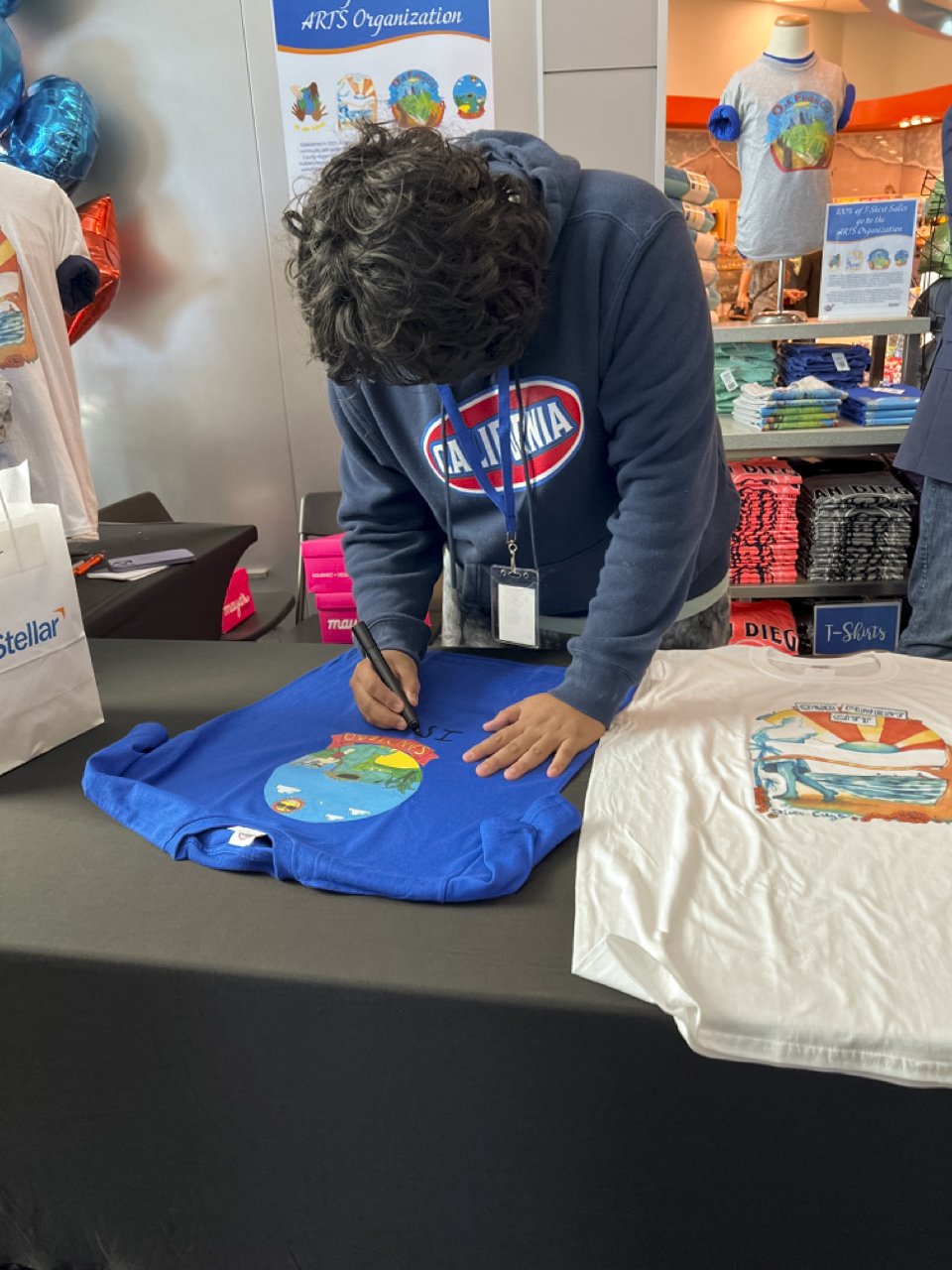
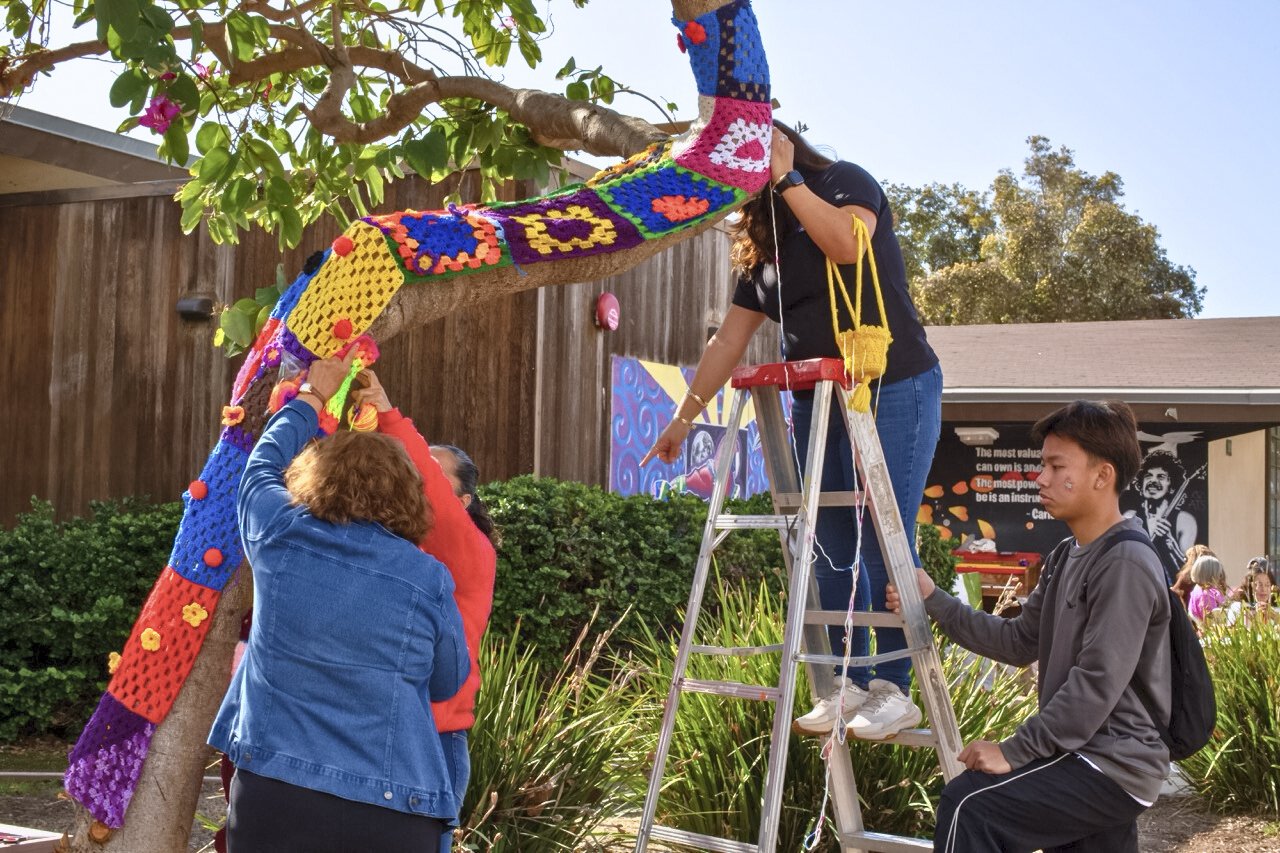
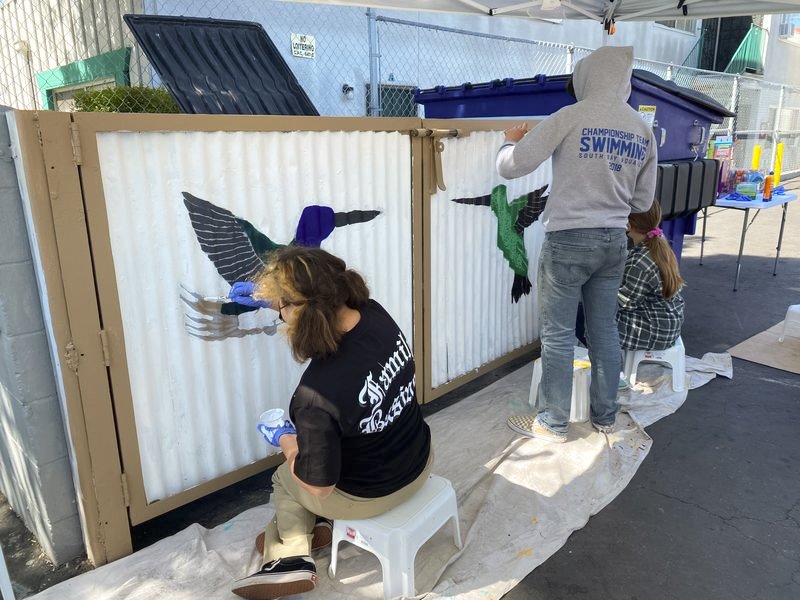
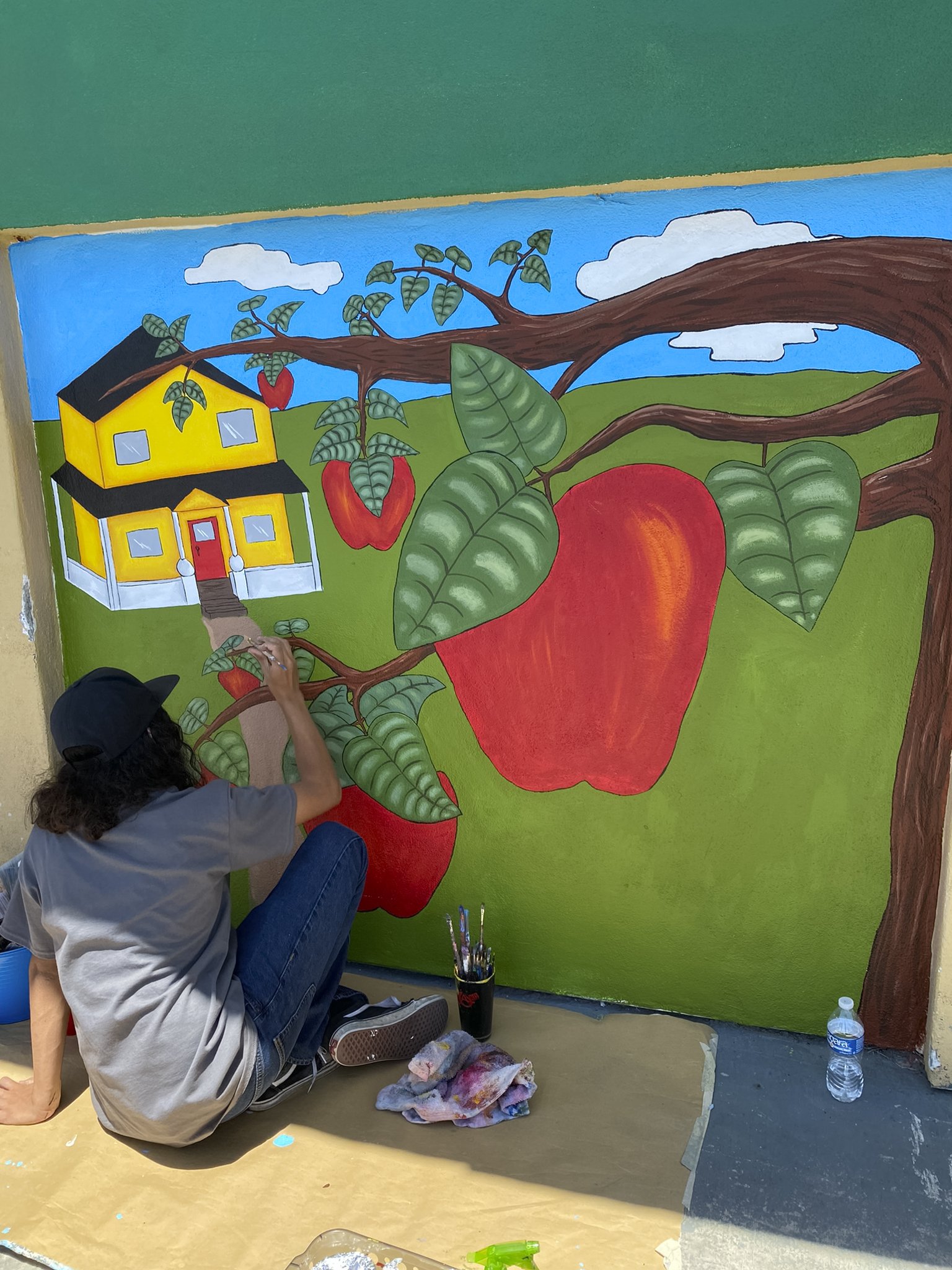
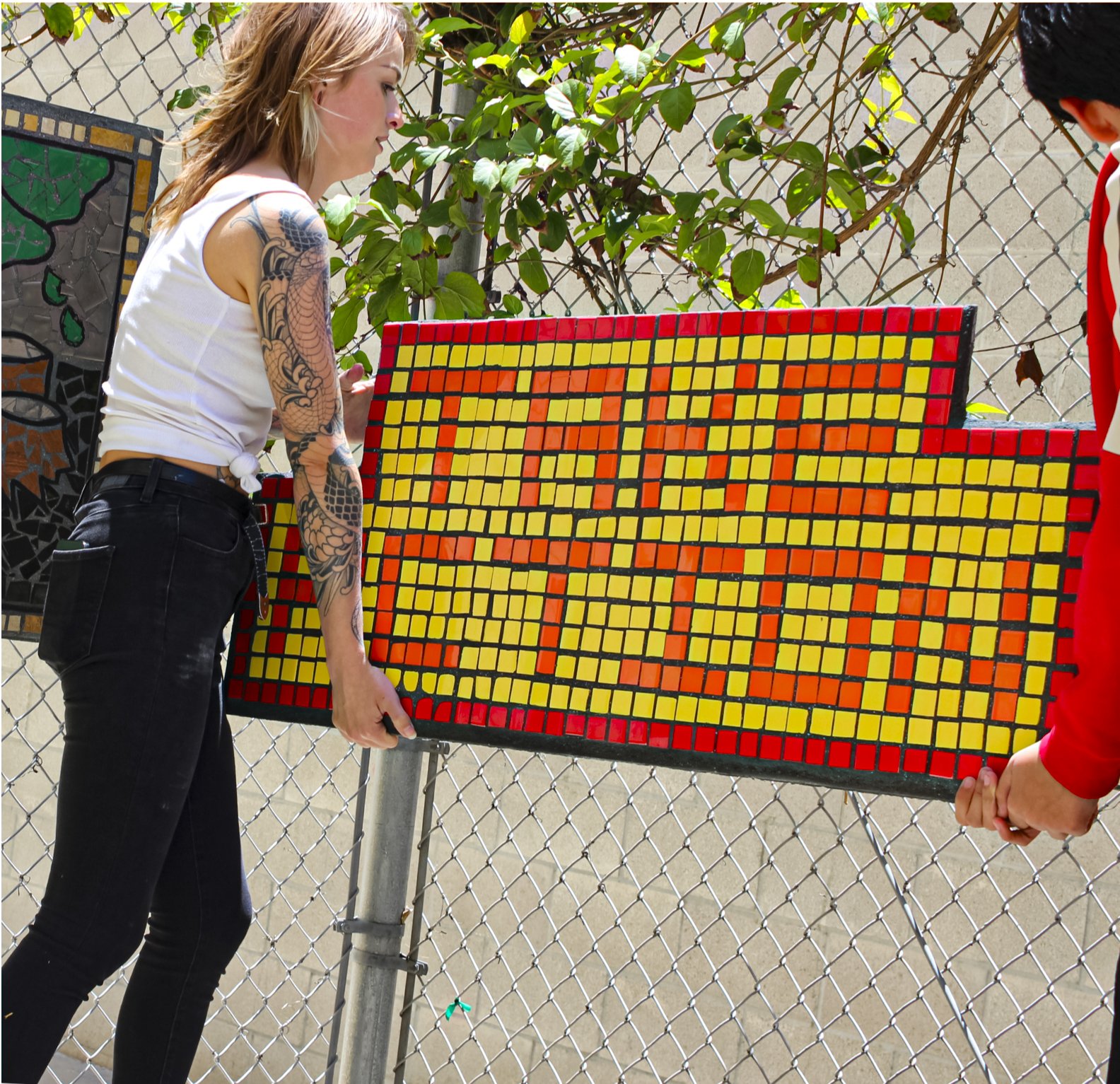
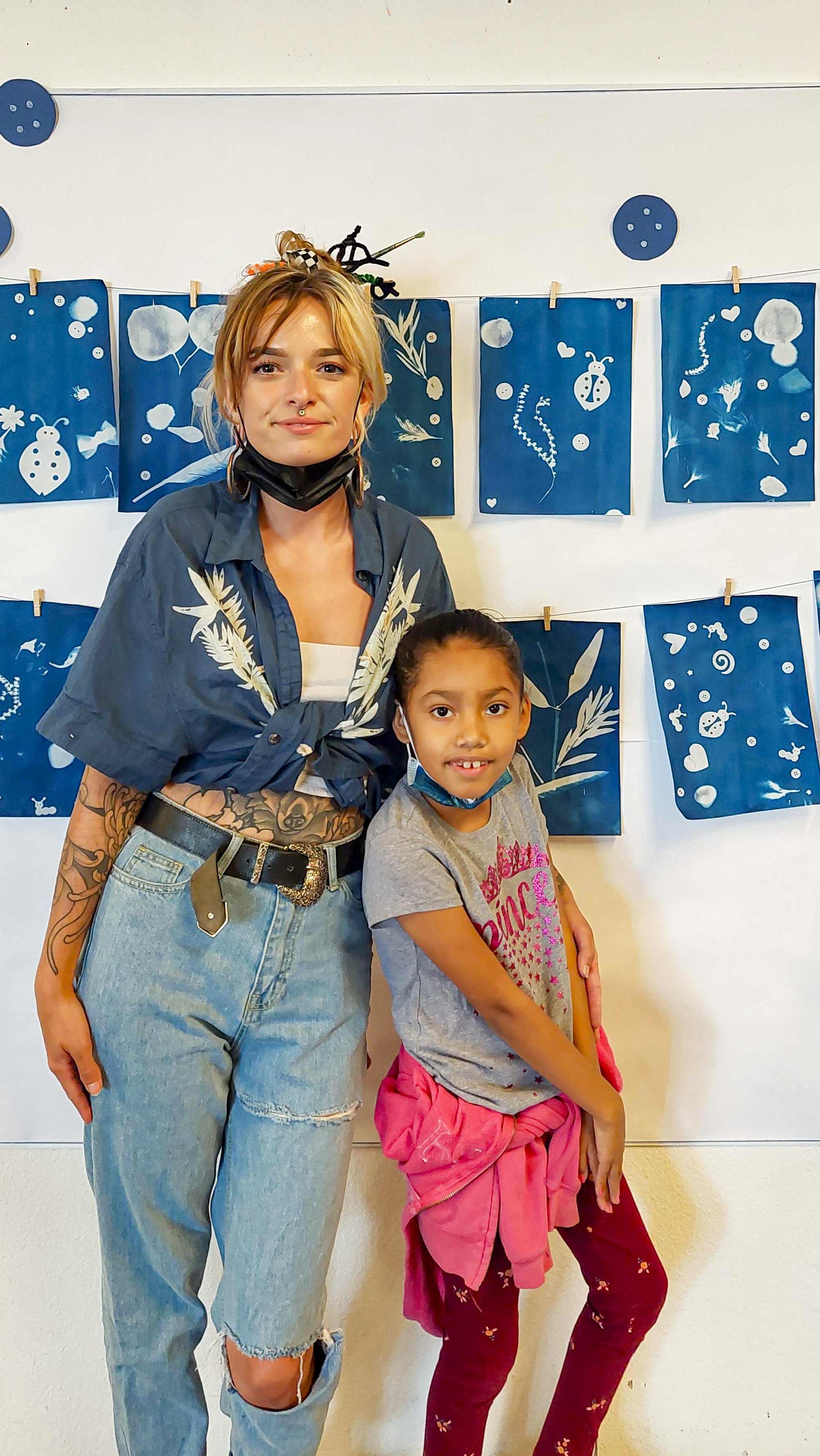
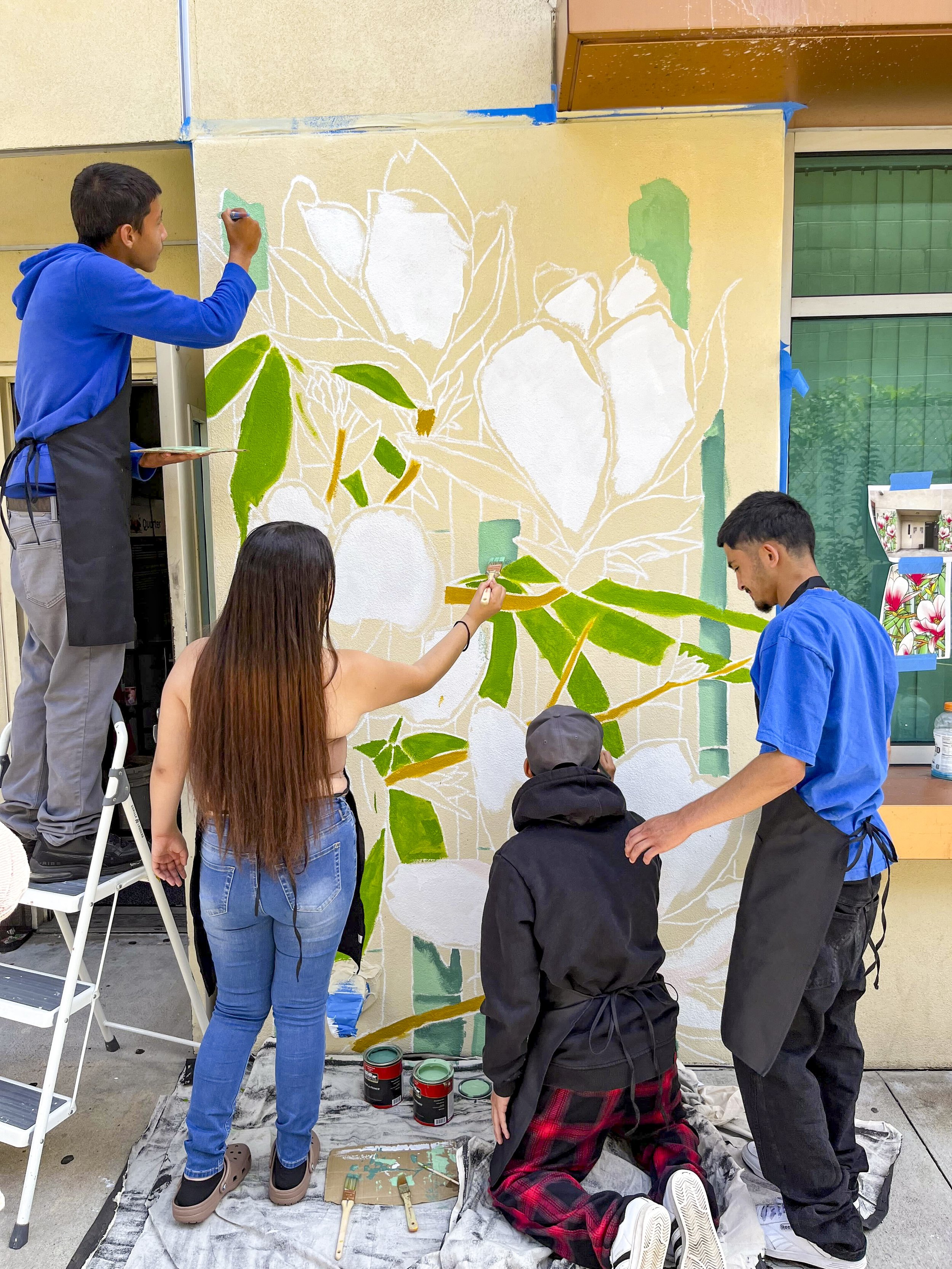
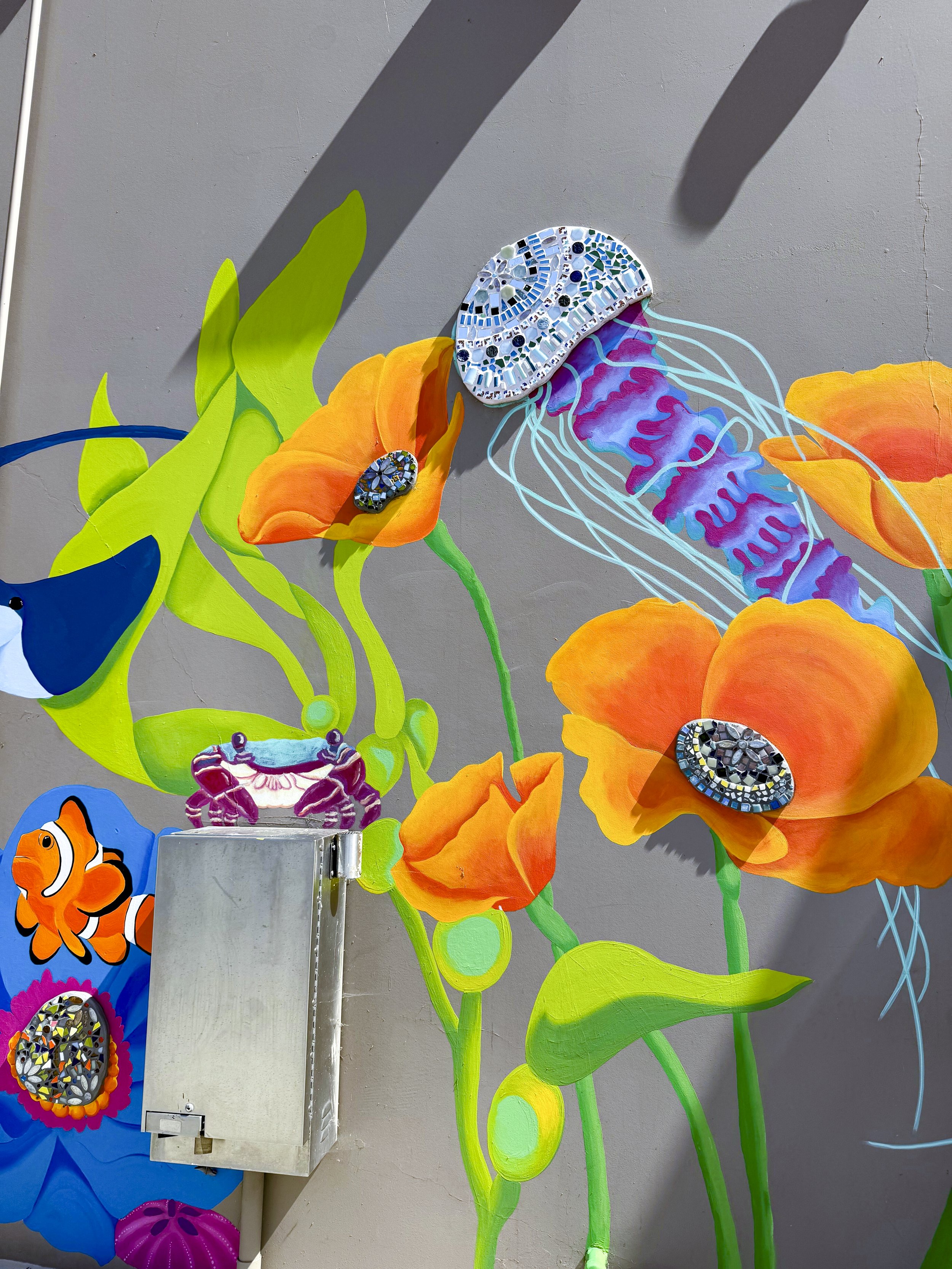
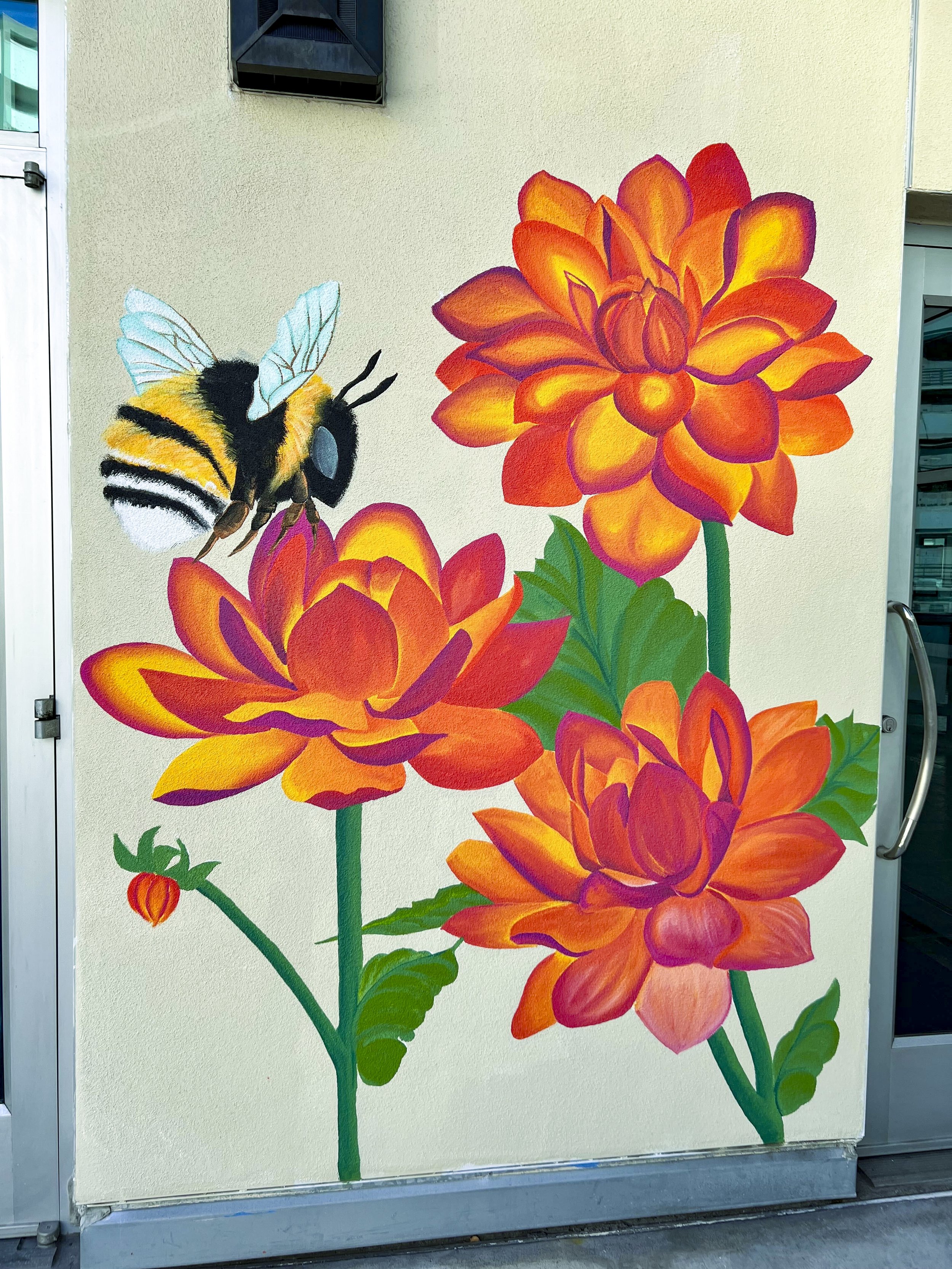
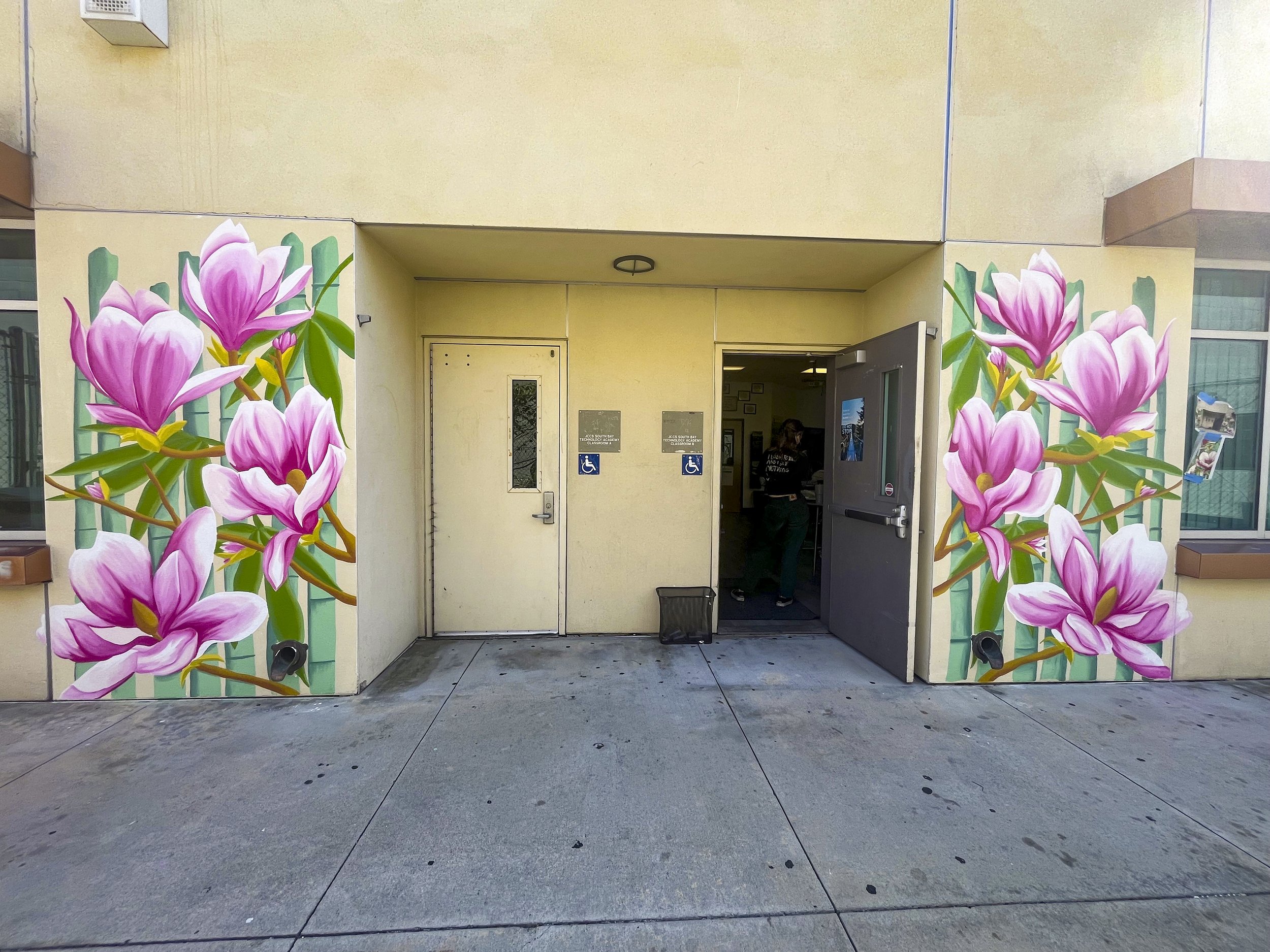
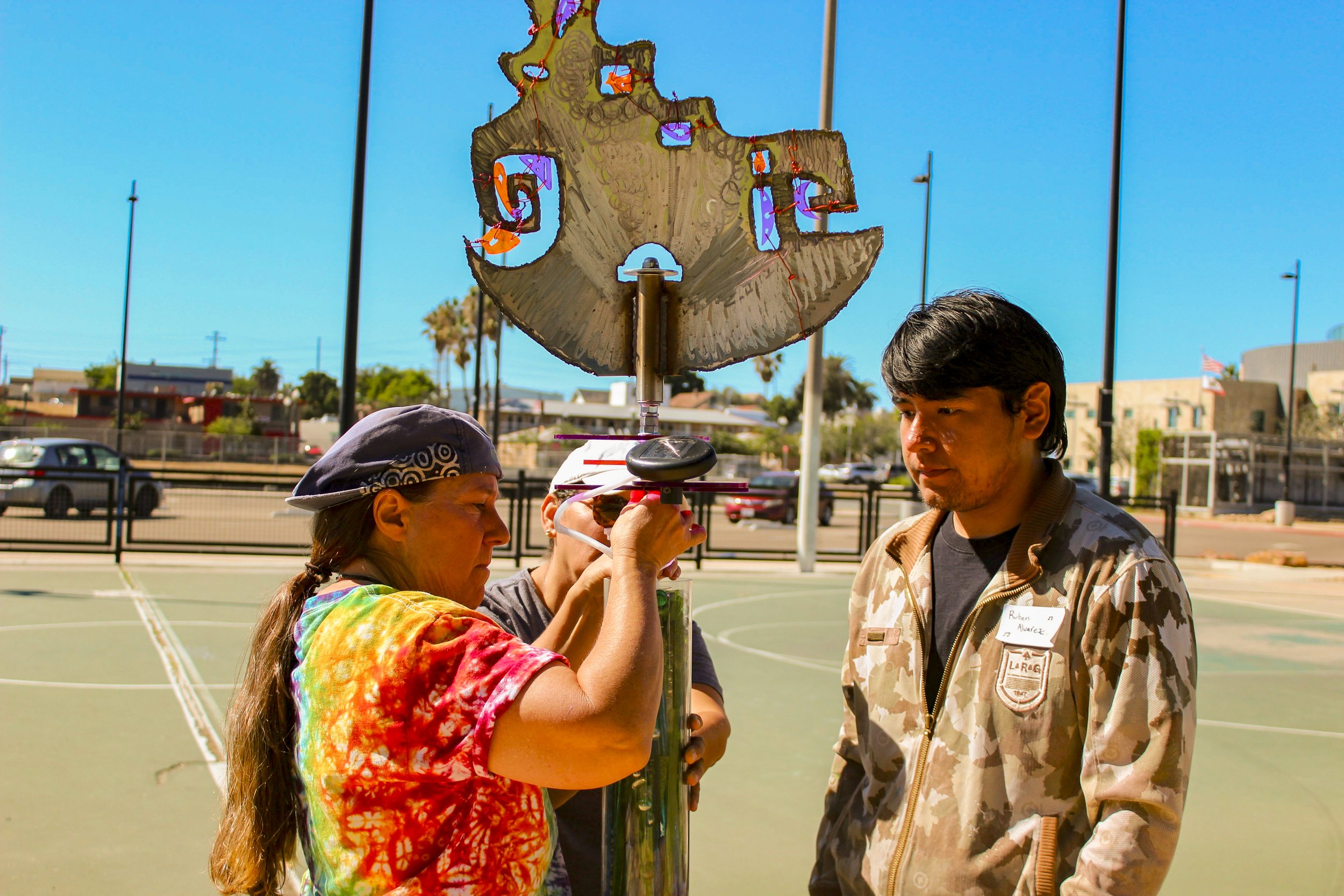
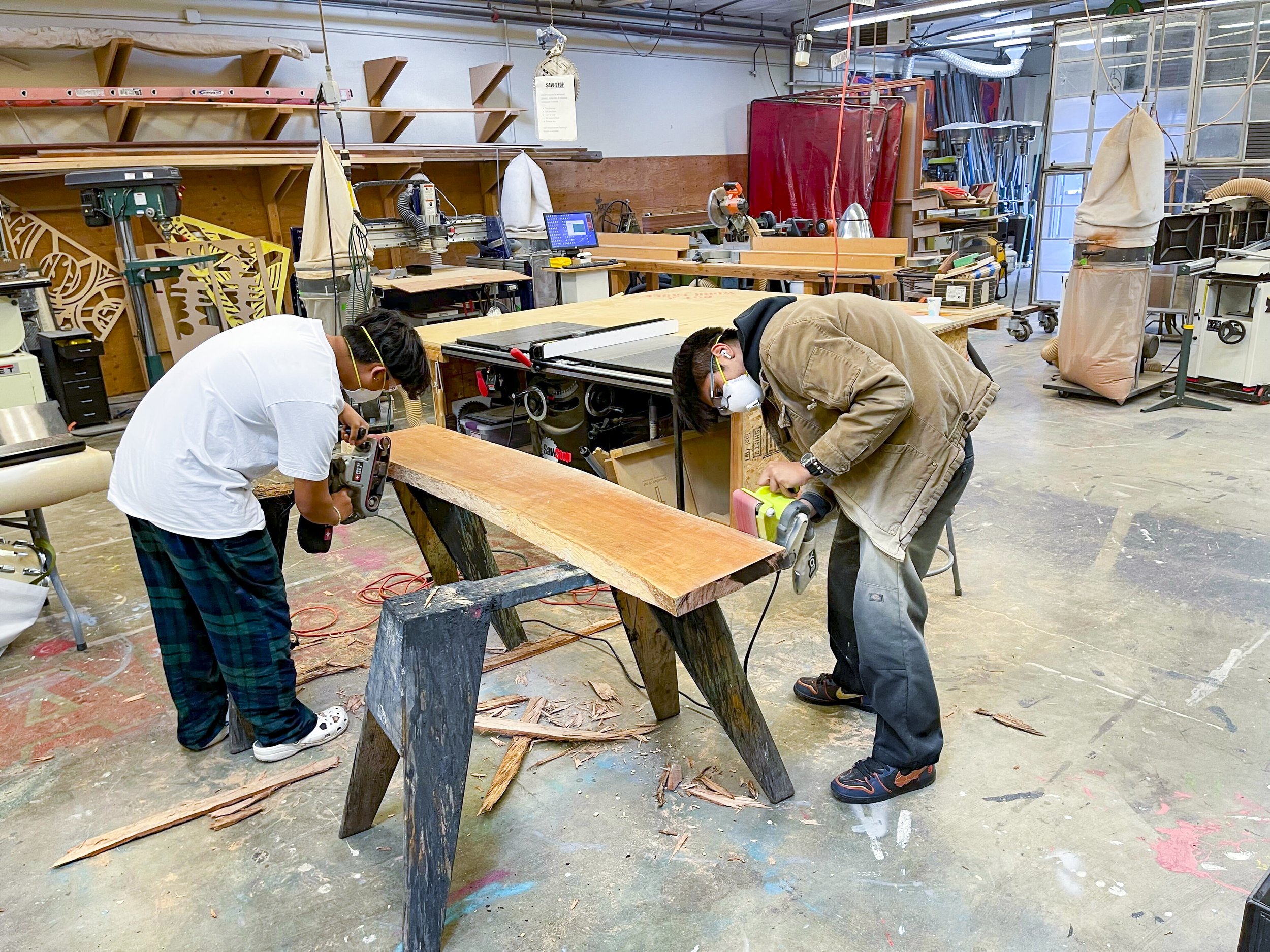
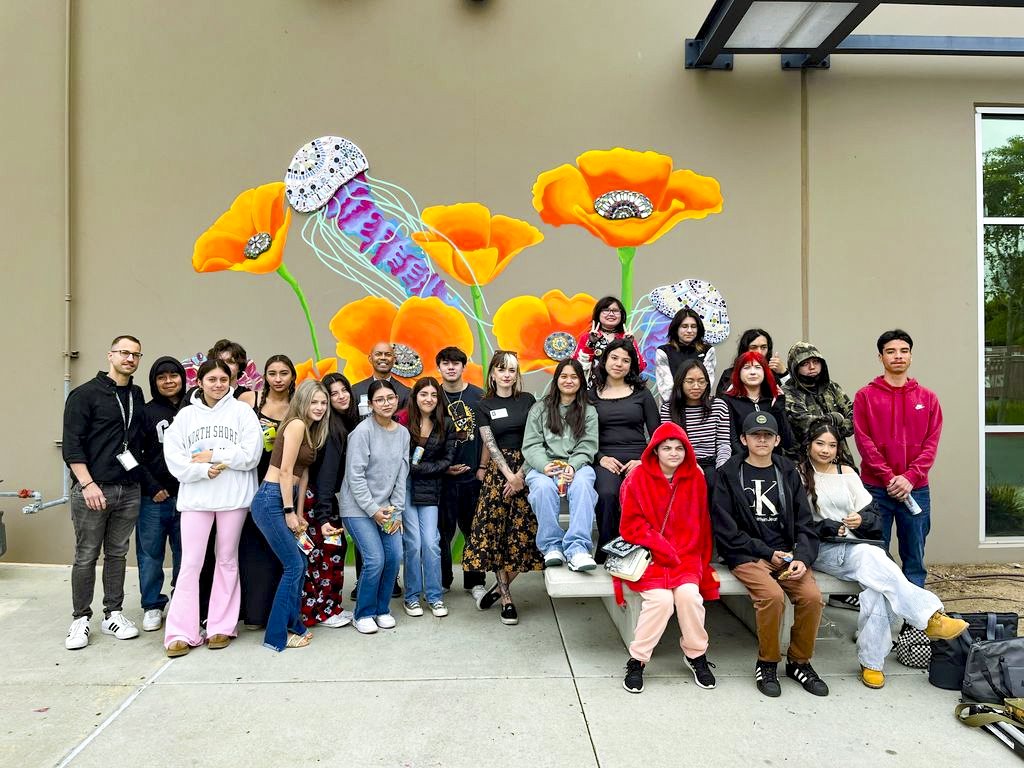
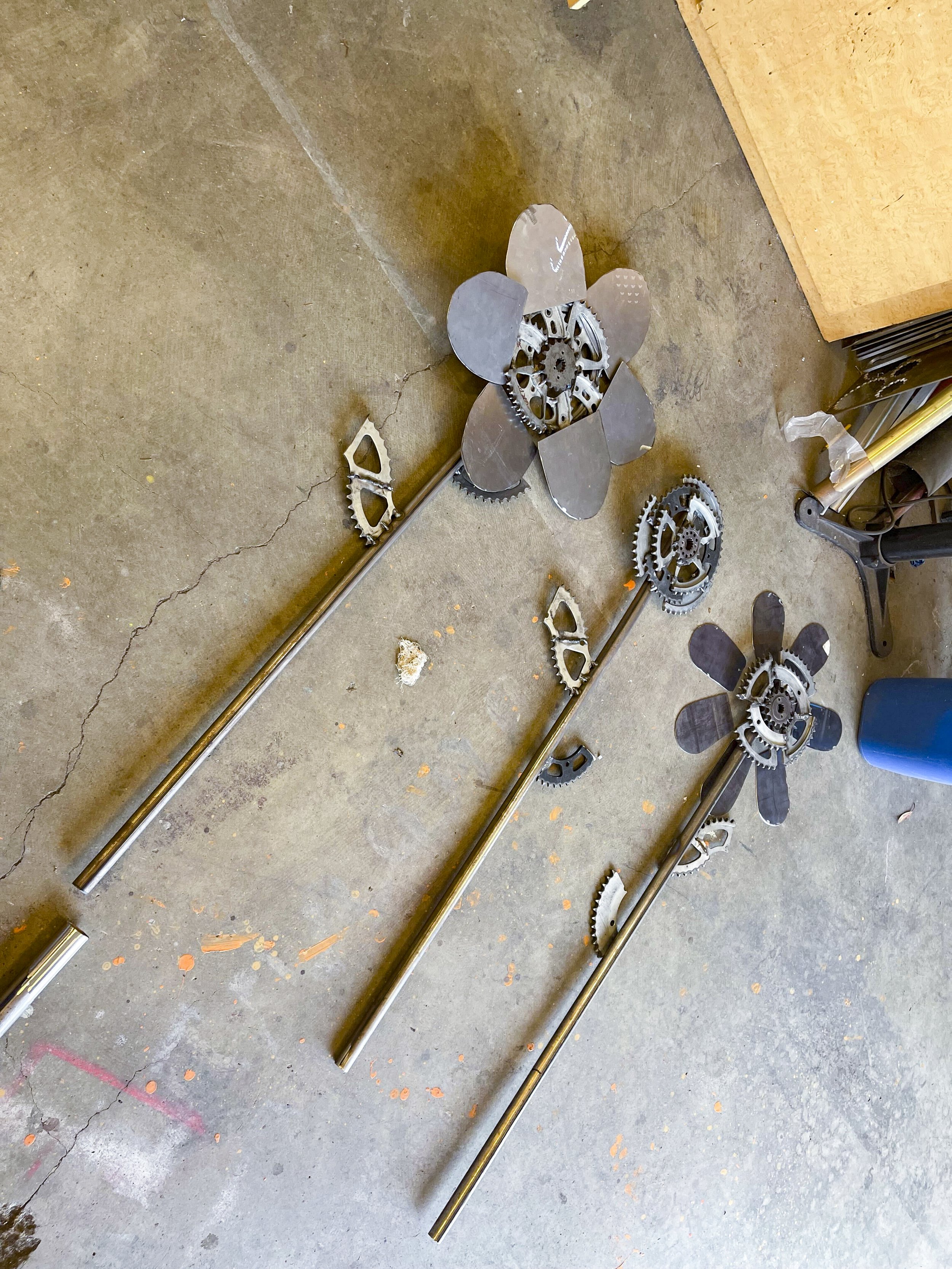
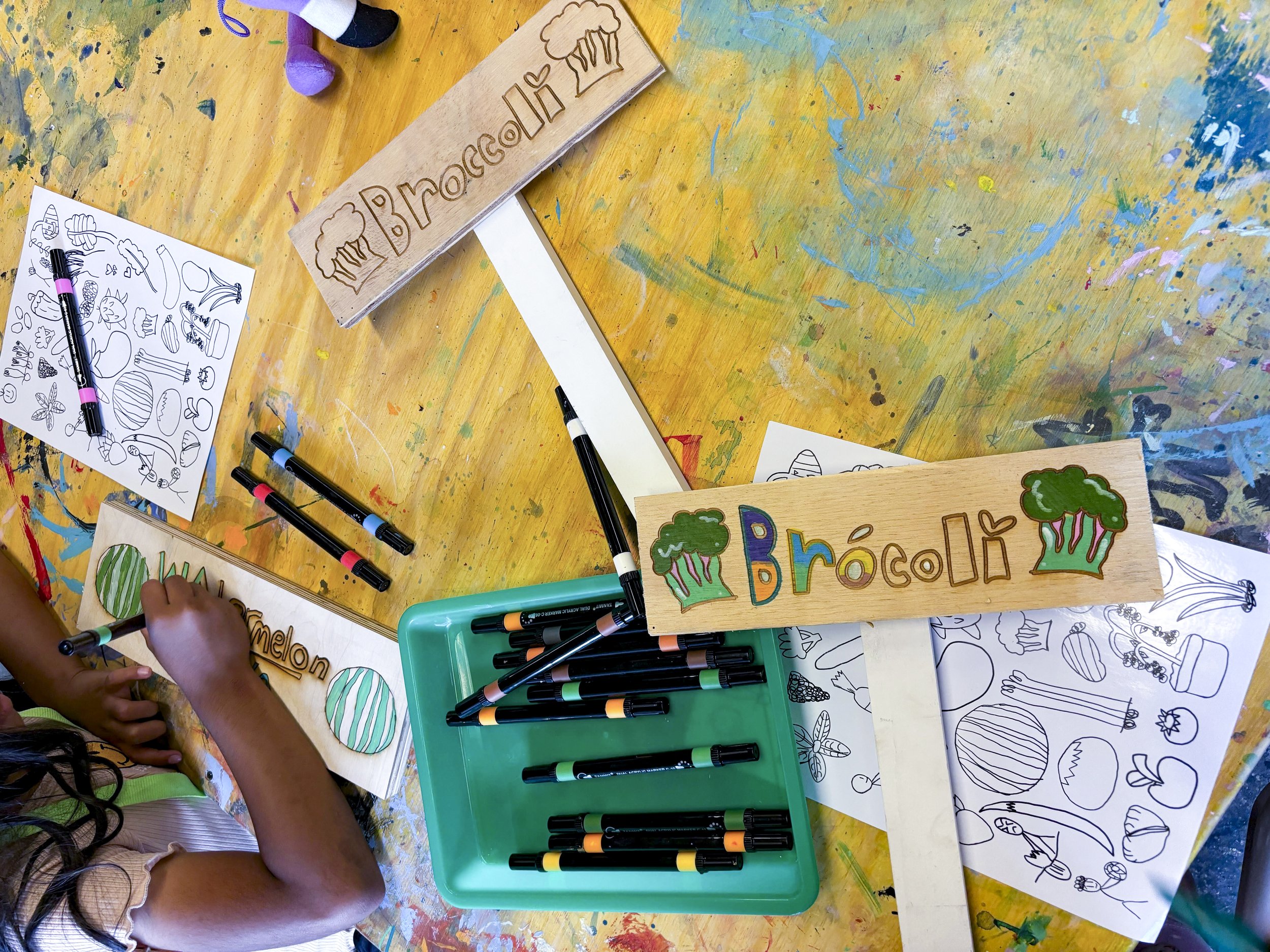
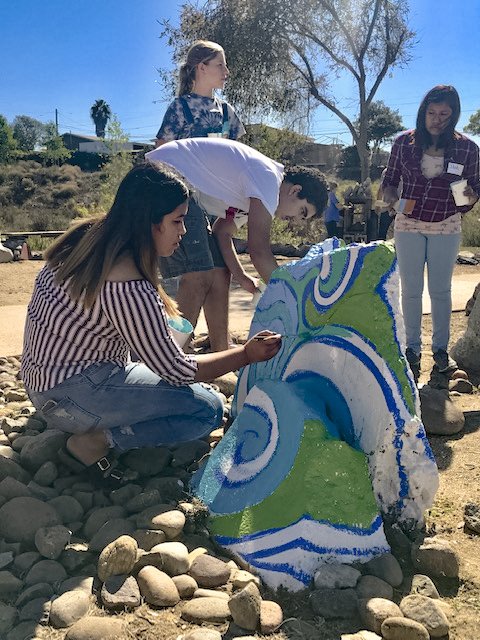
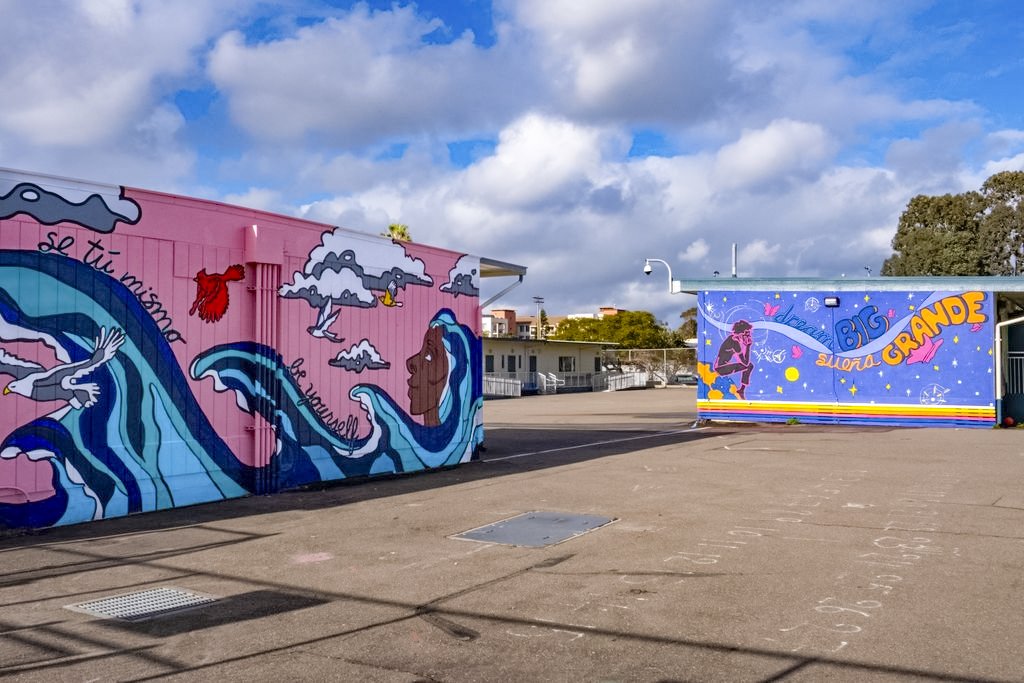
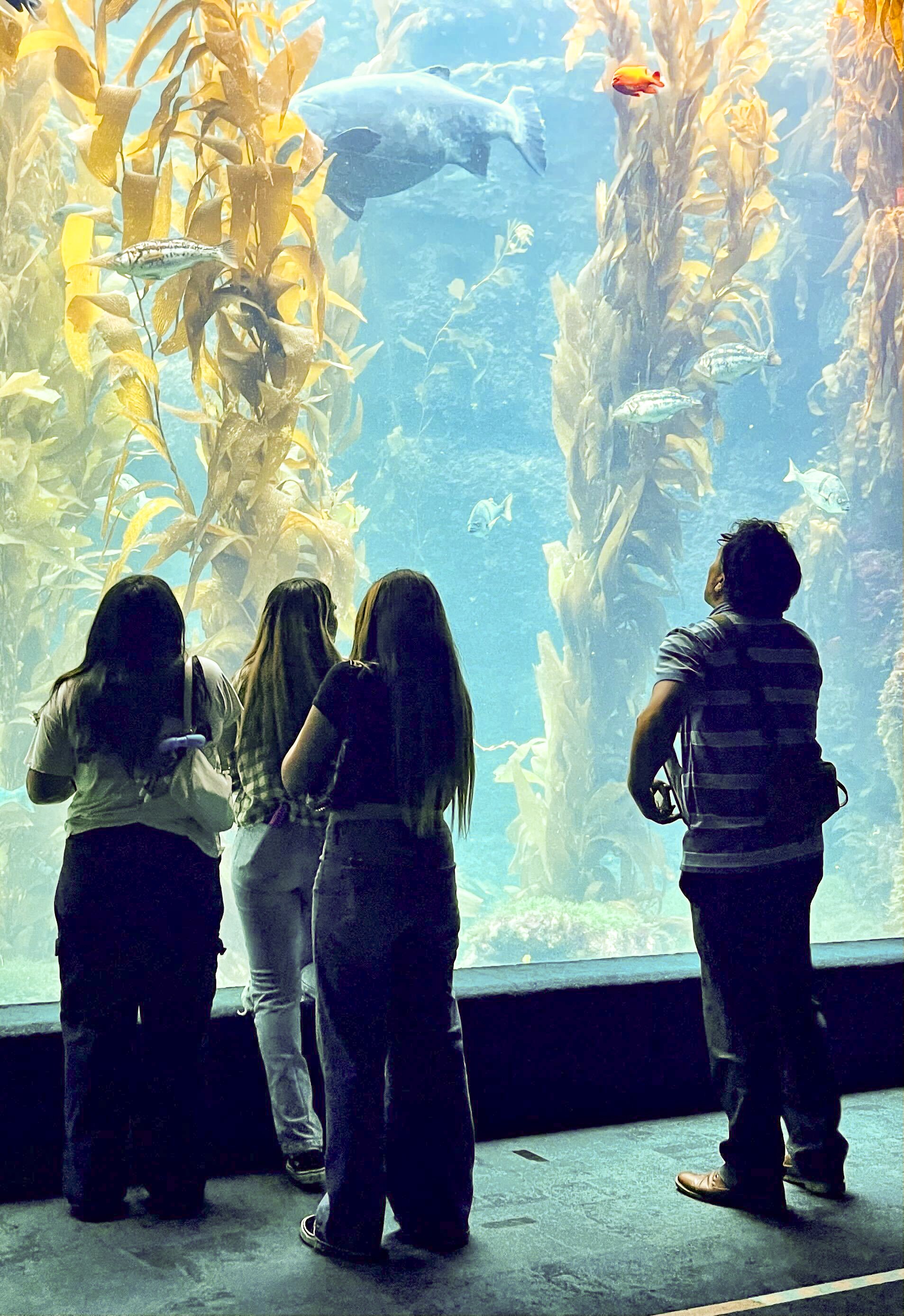
Our Partners
This community-based art project was funded by a Clean California Local Grant Program grant awarded to the City of National City for the Eastside I-805 Community Greenbelt Project.





